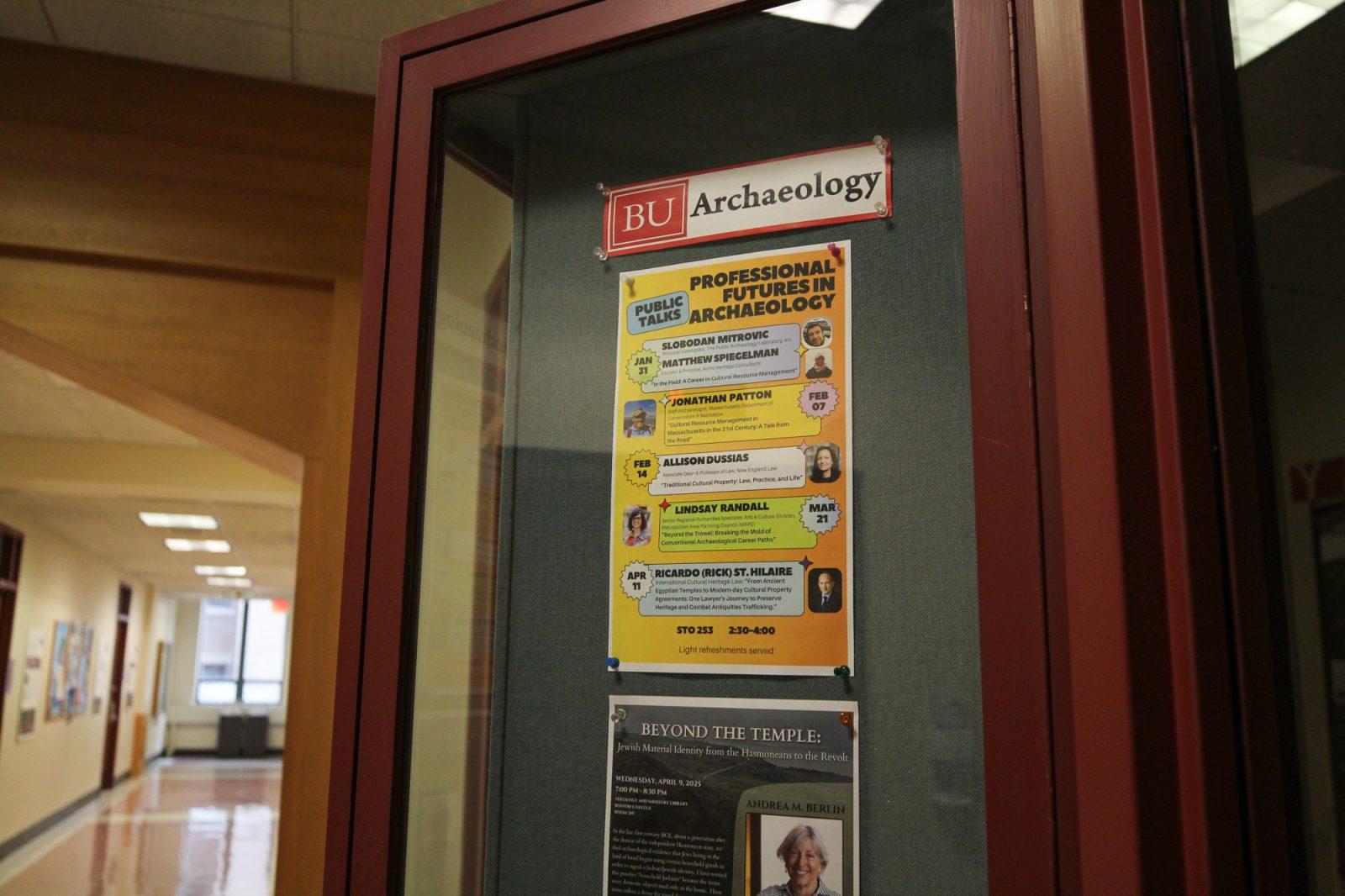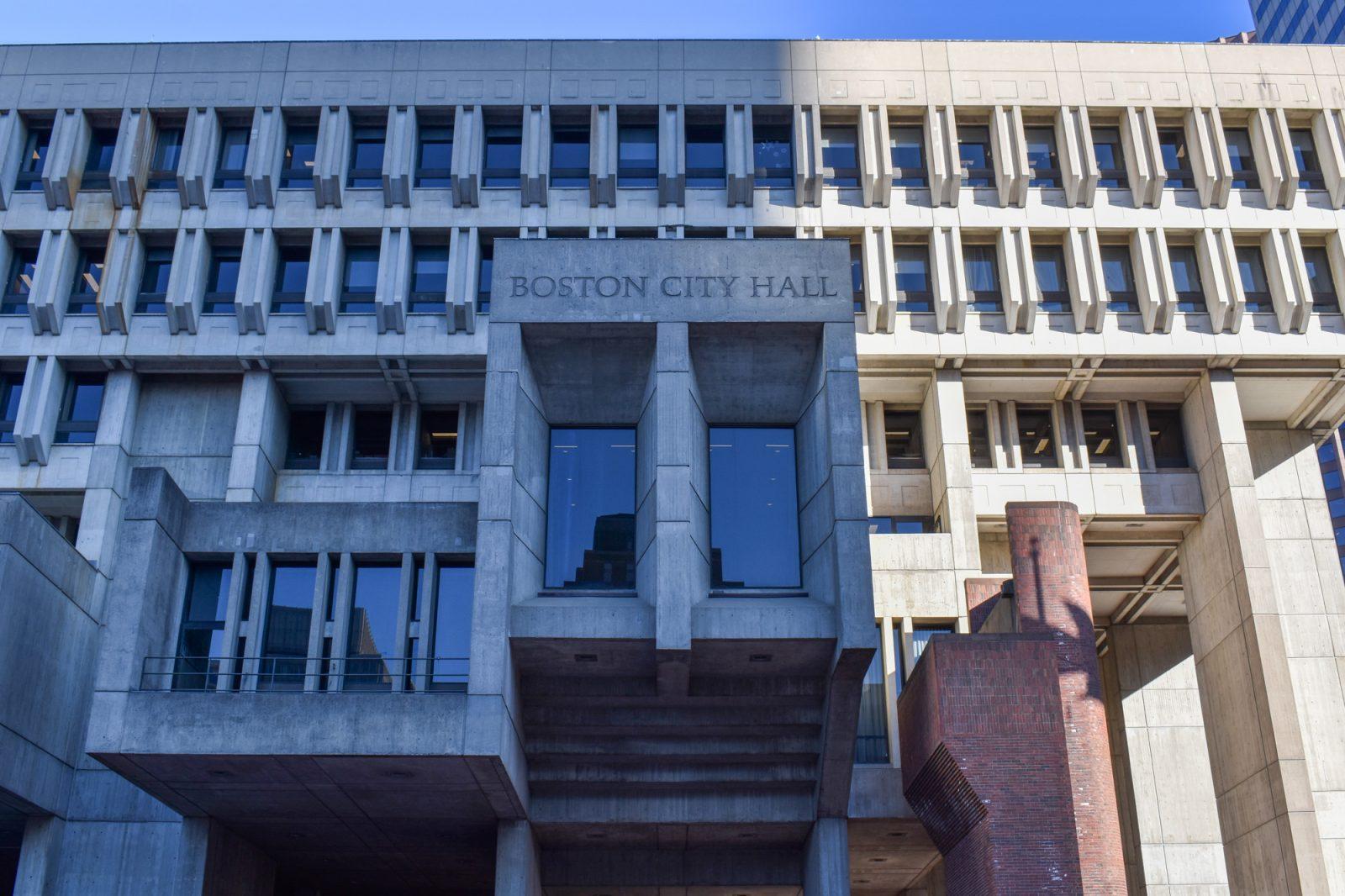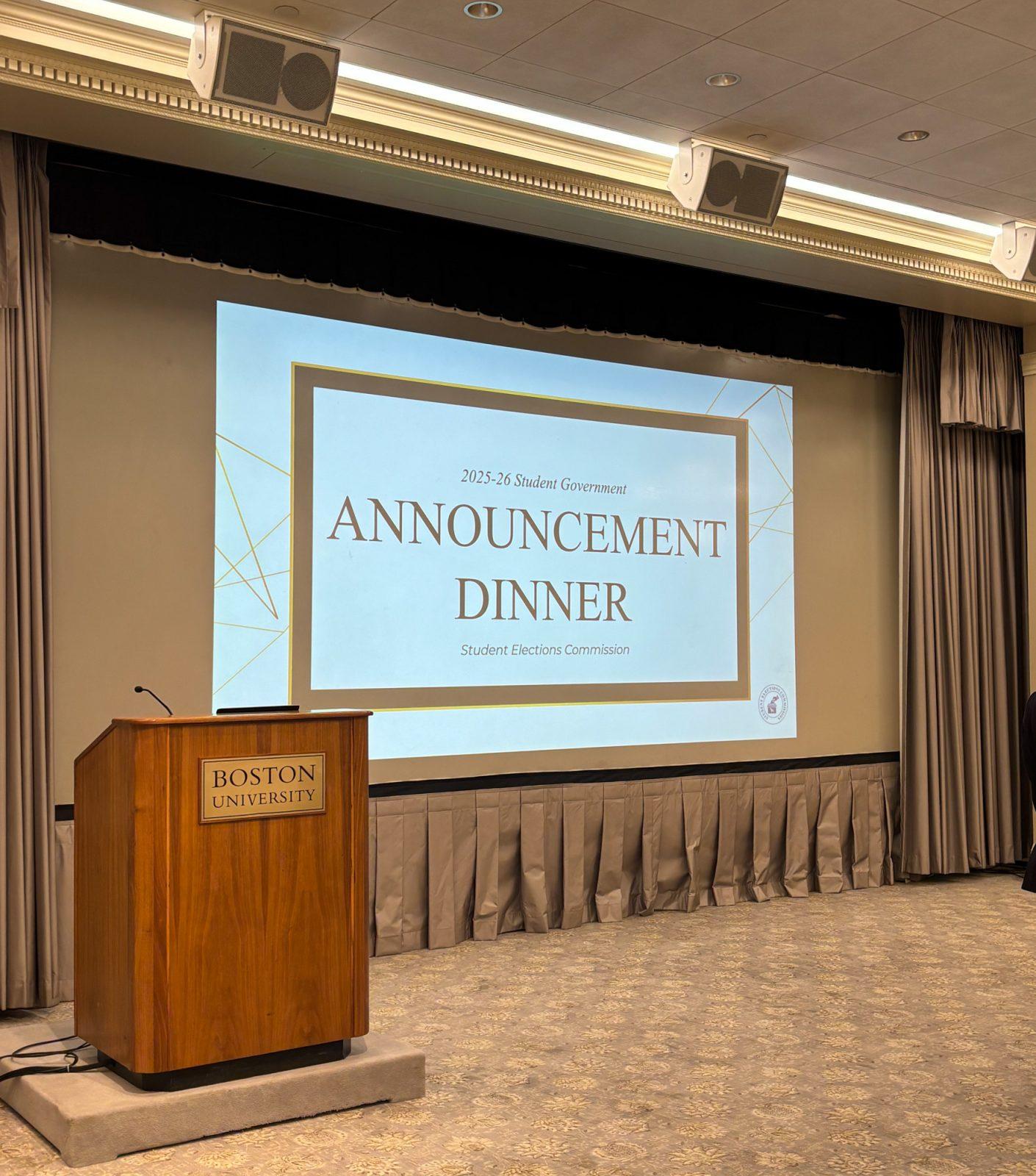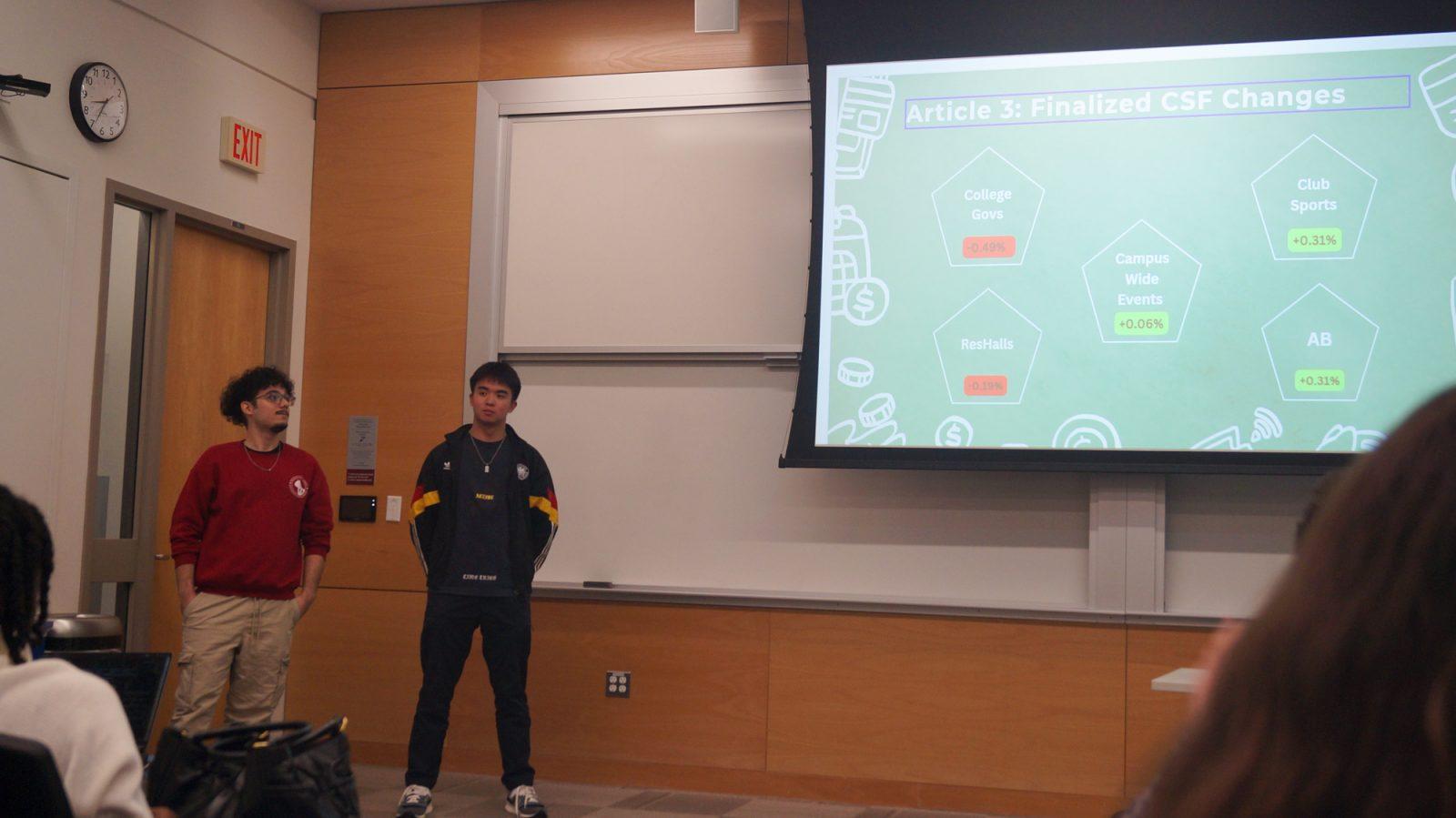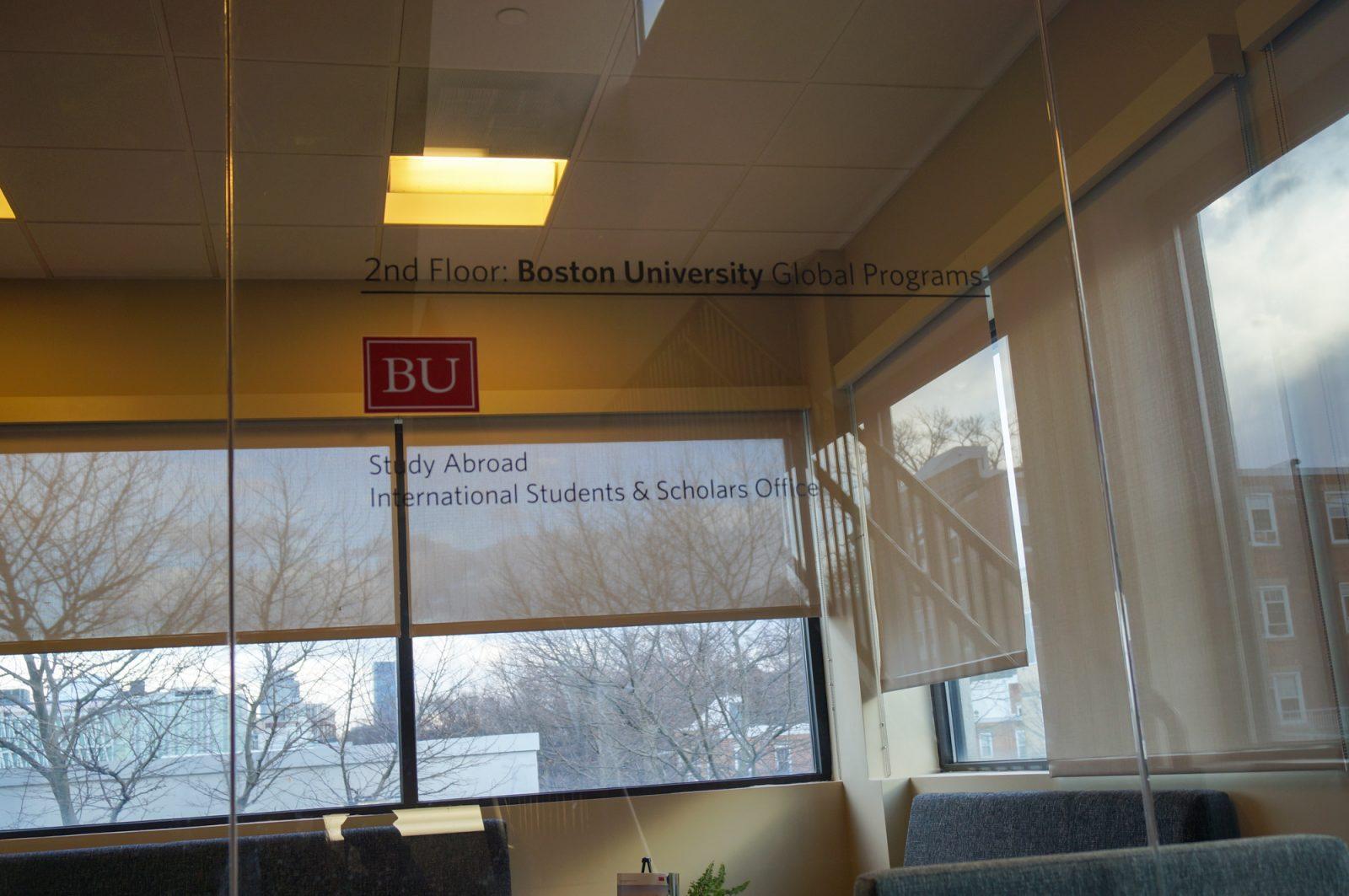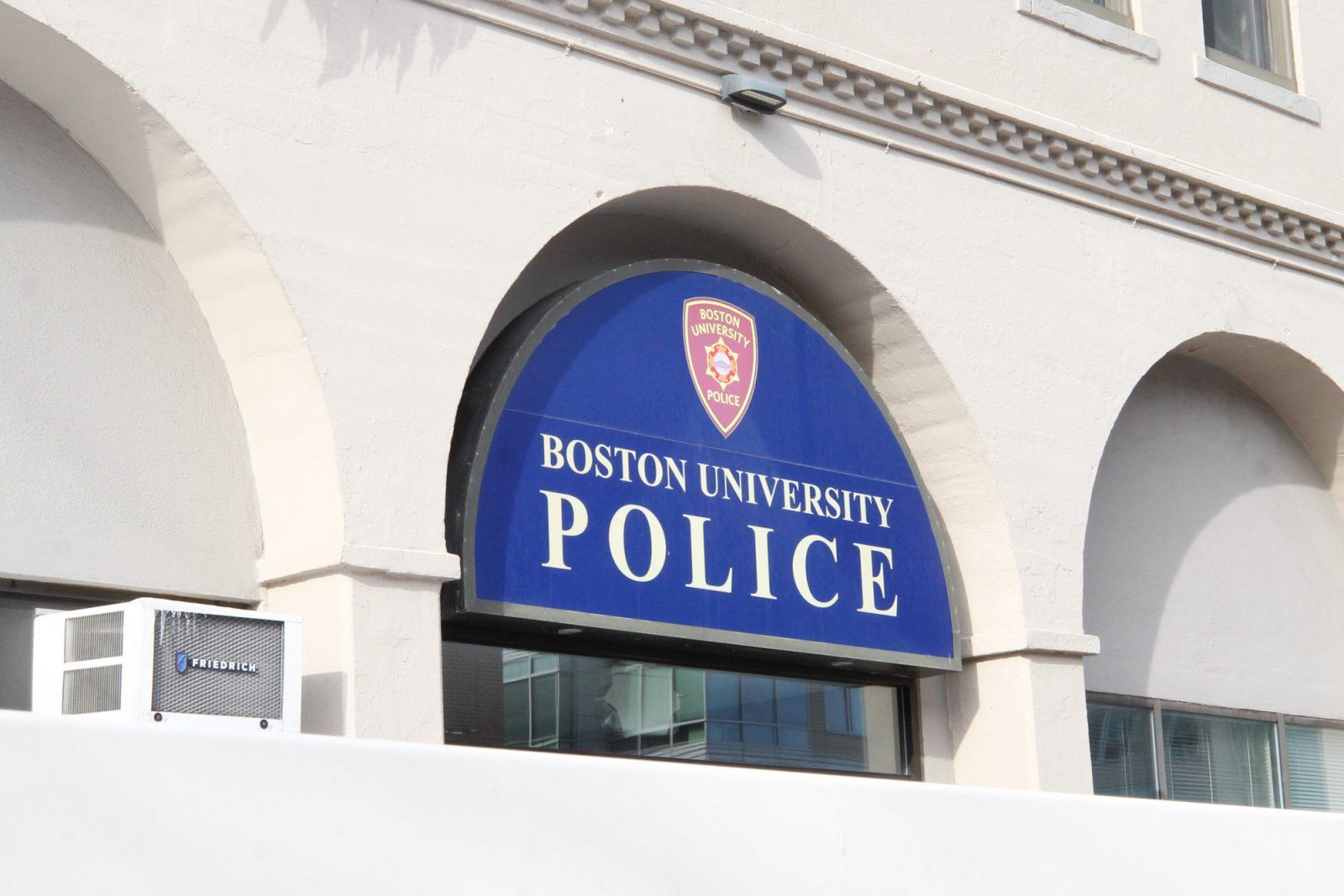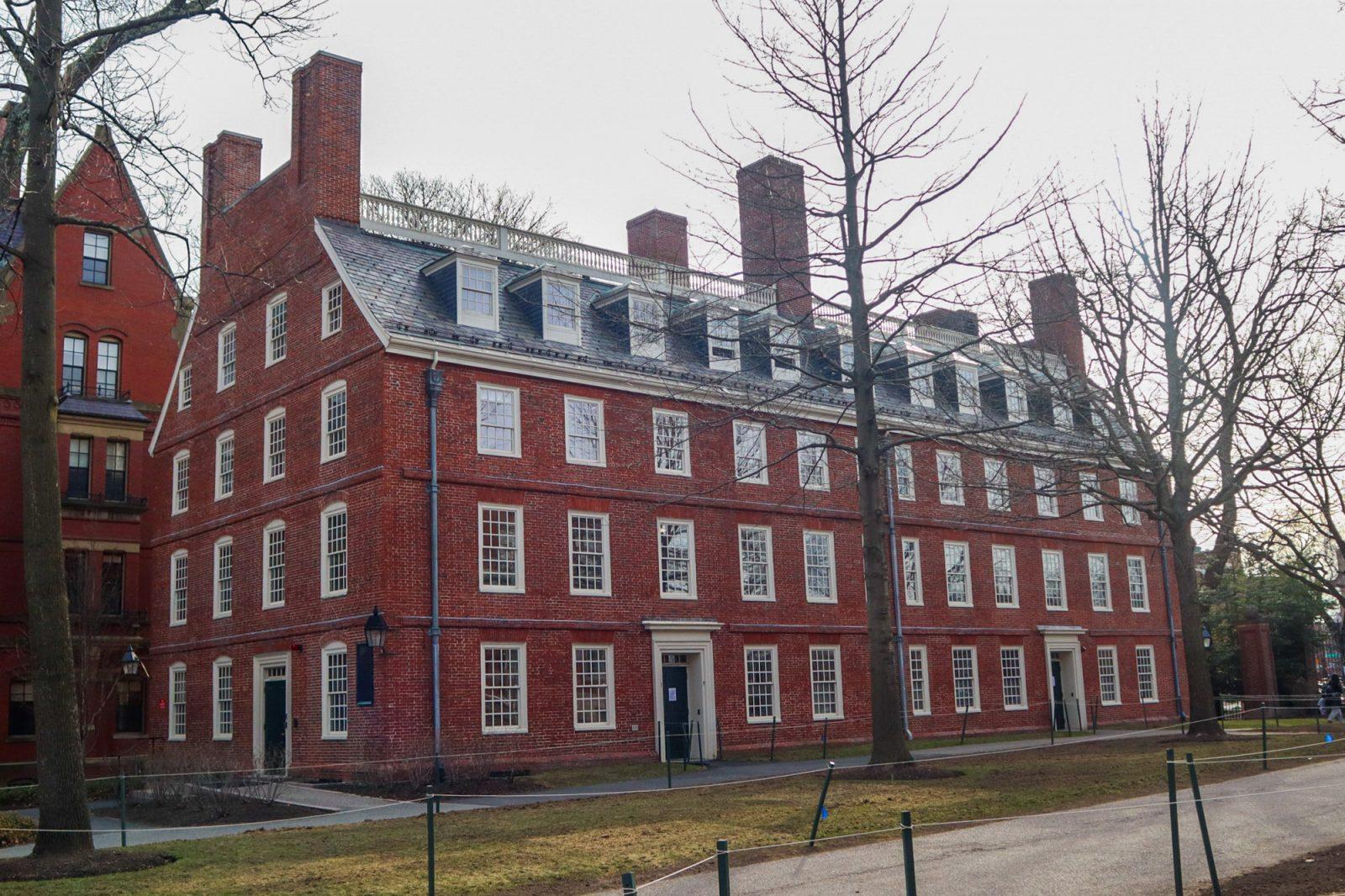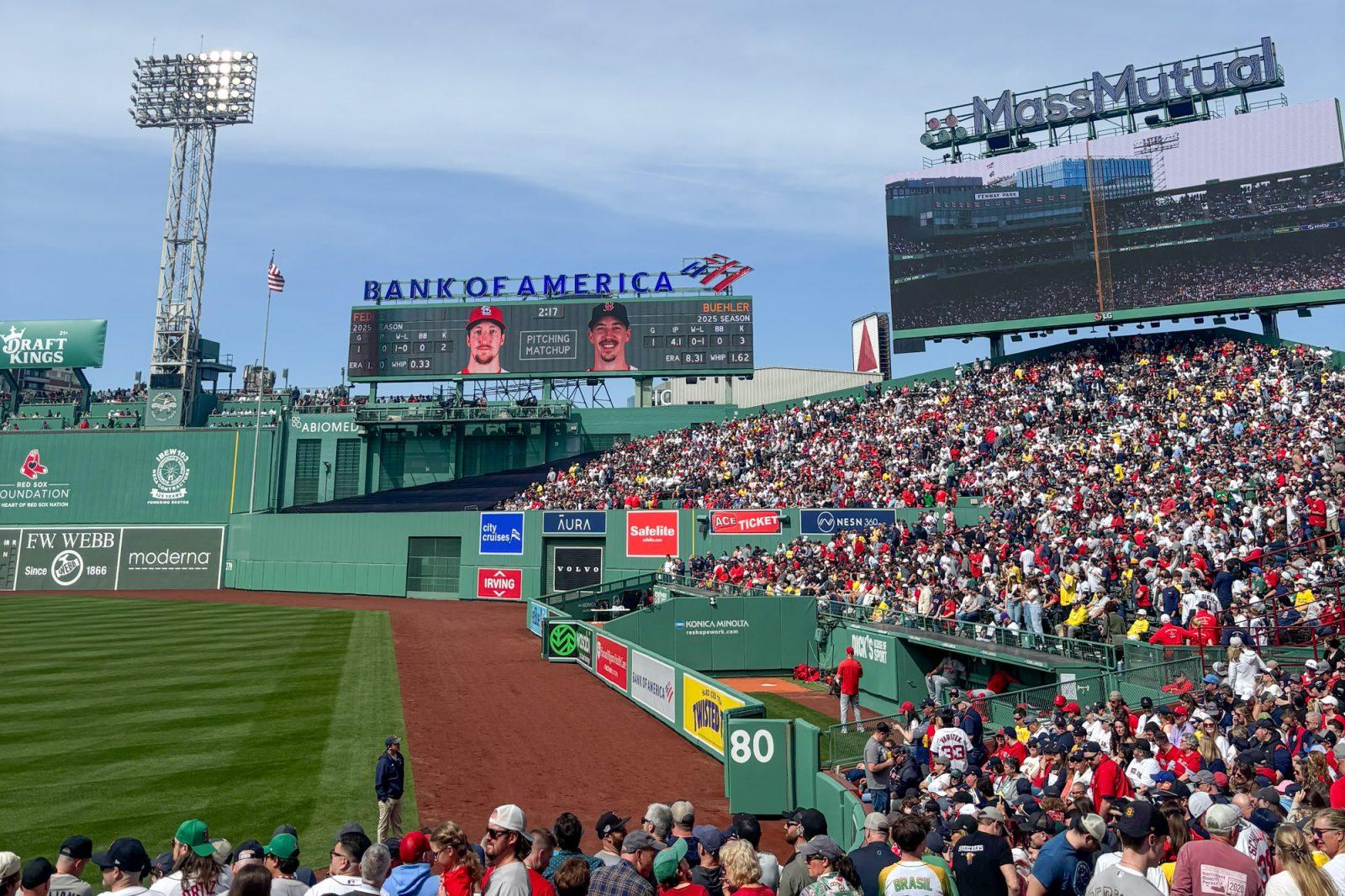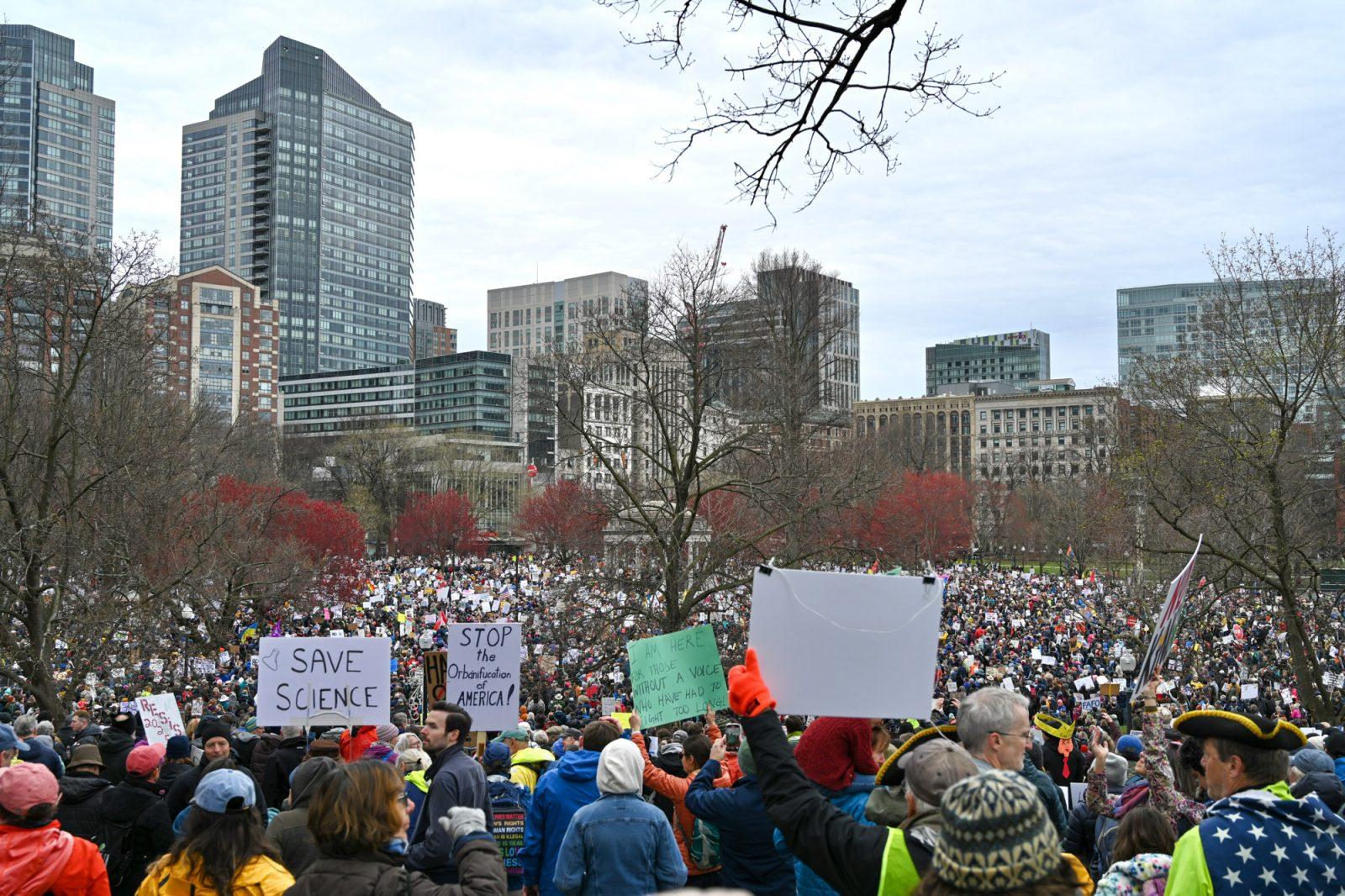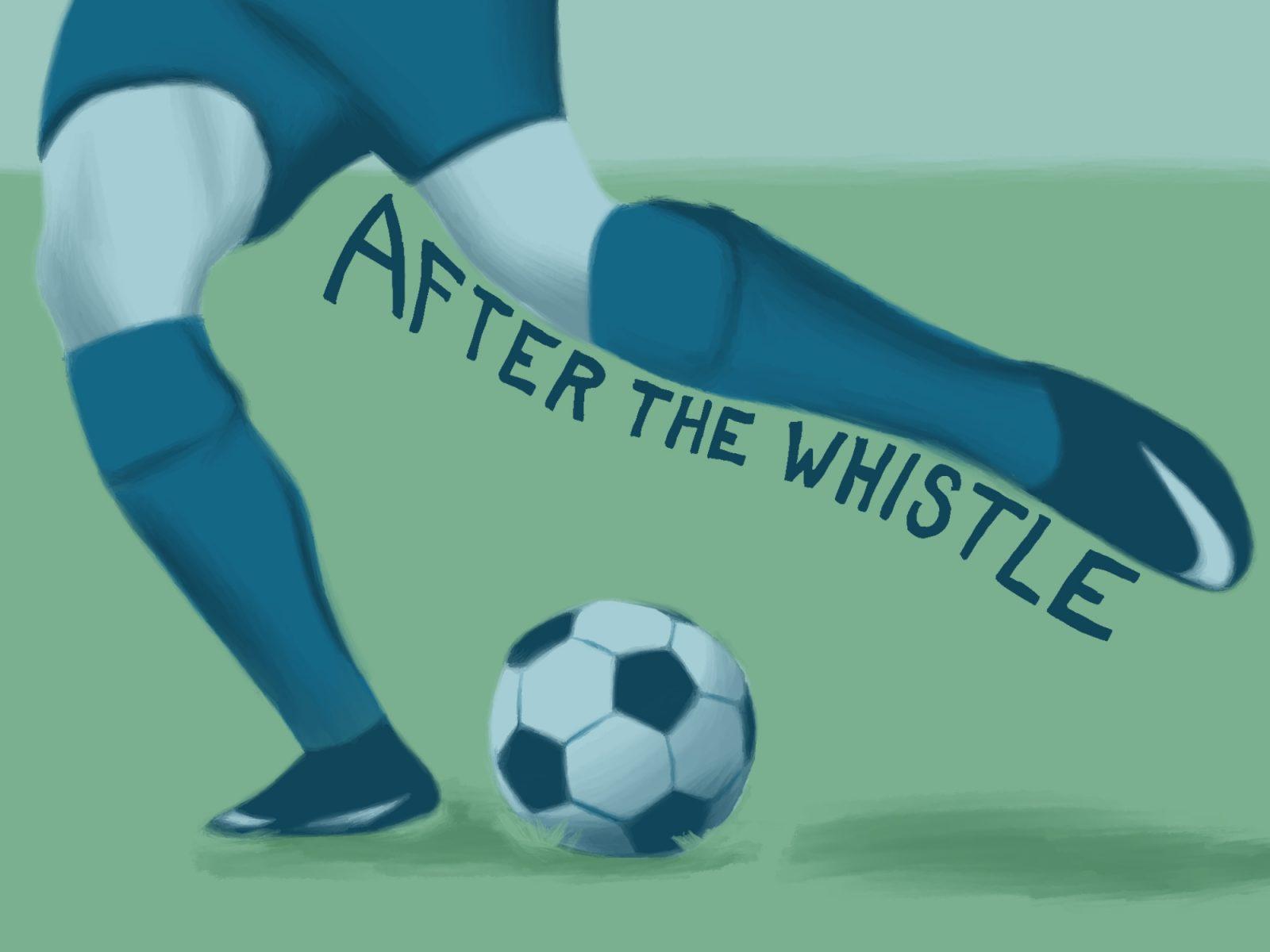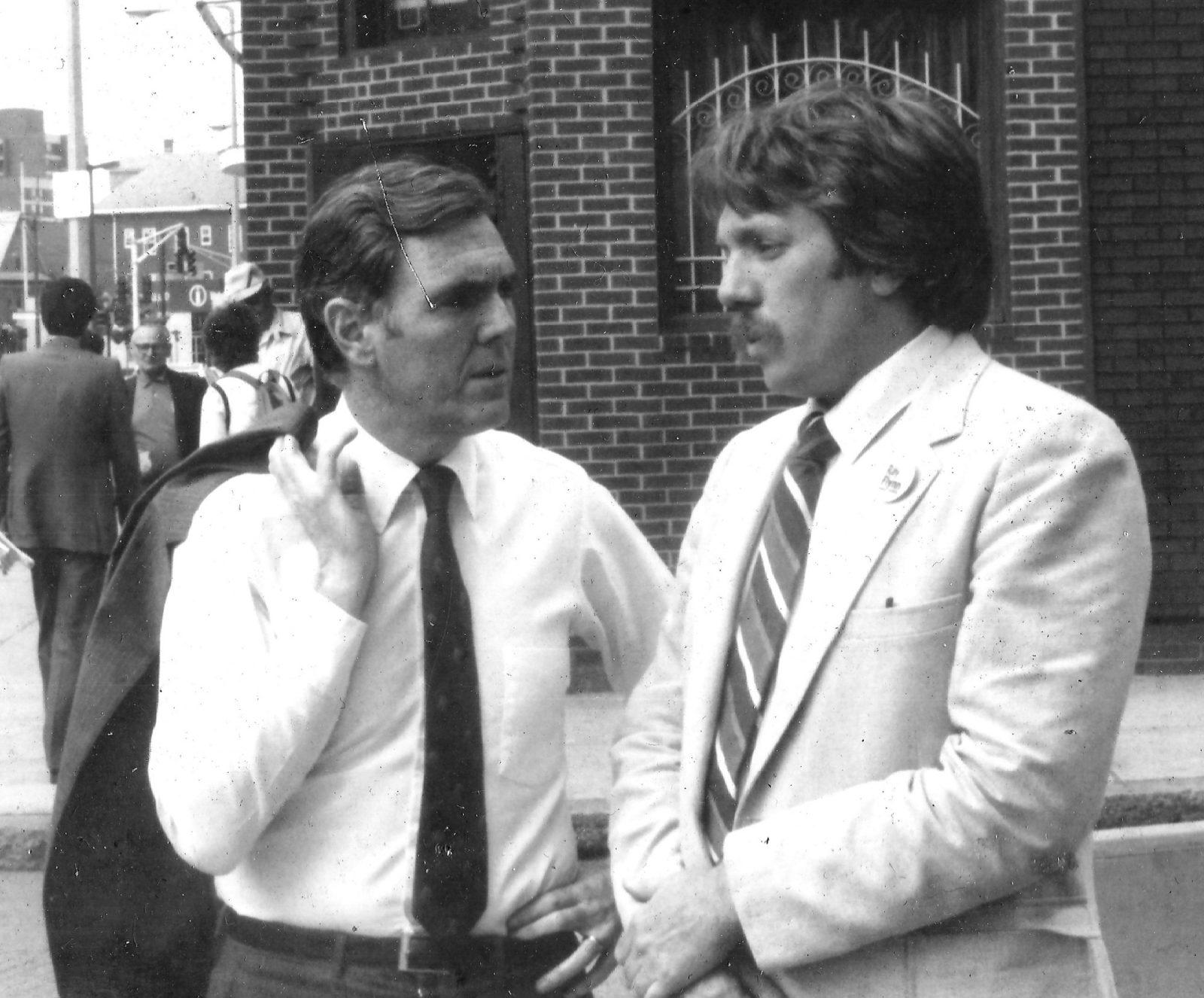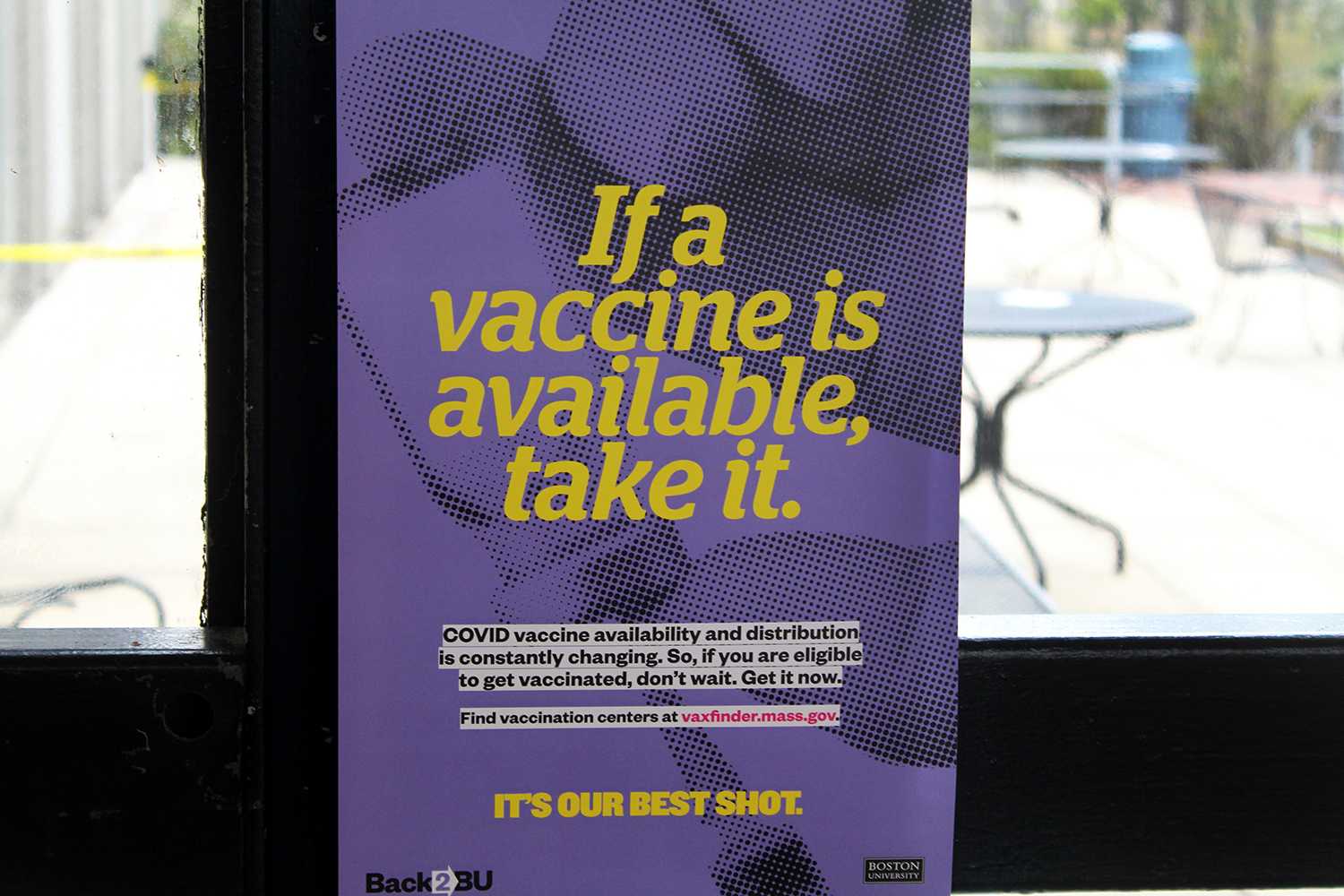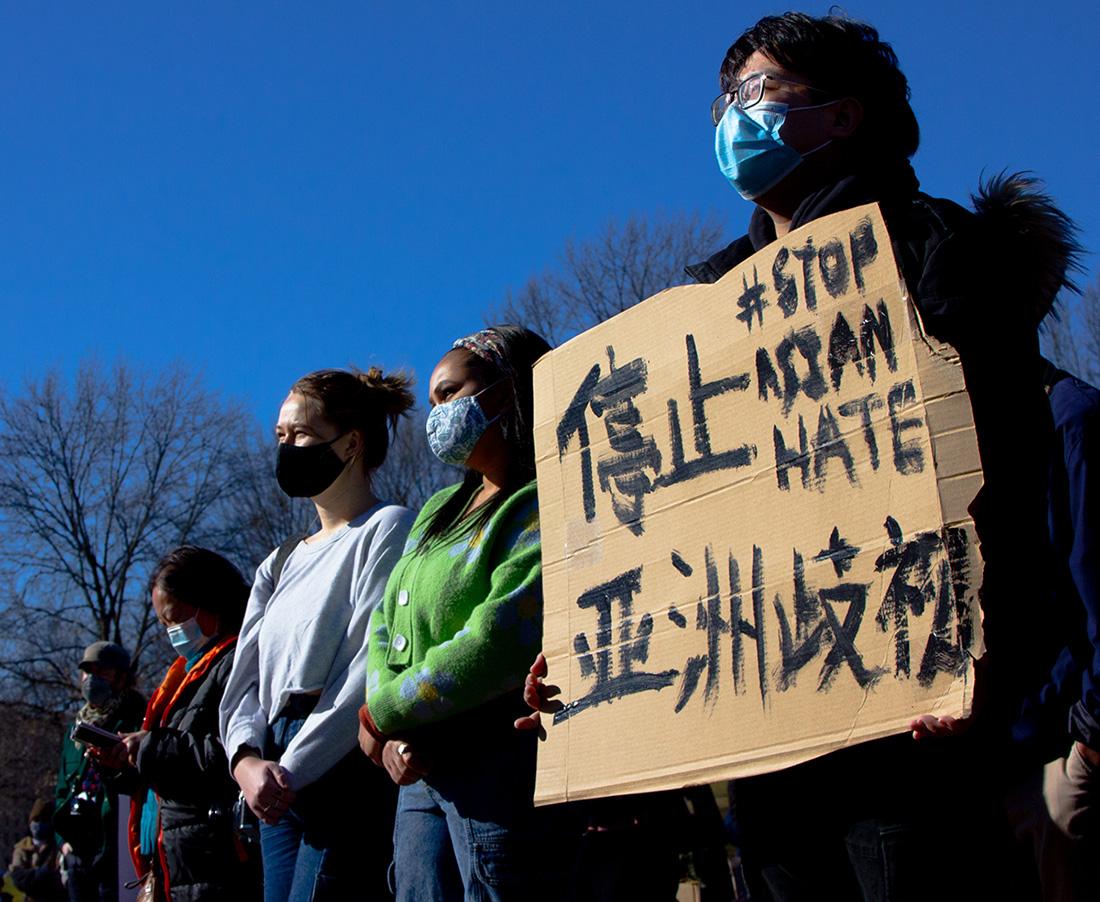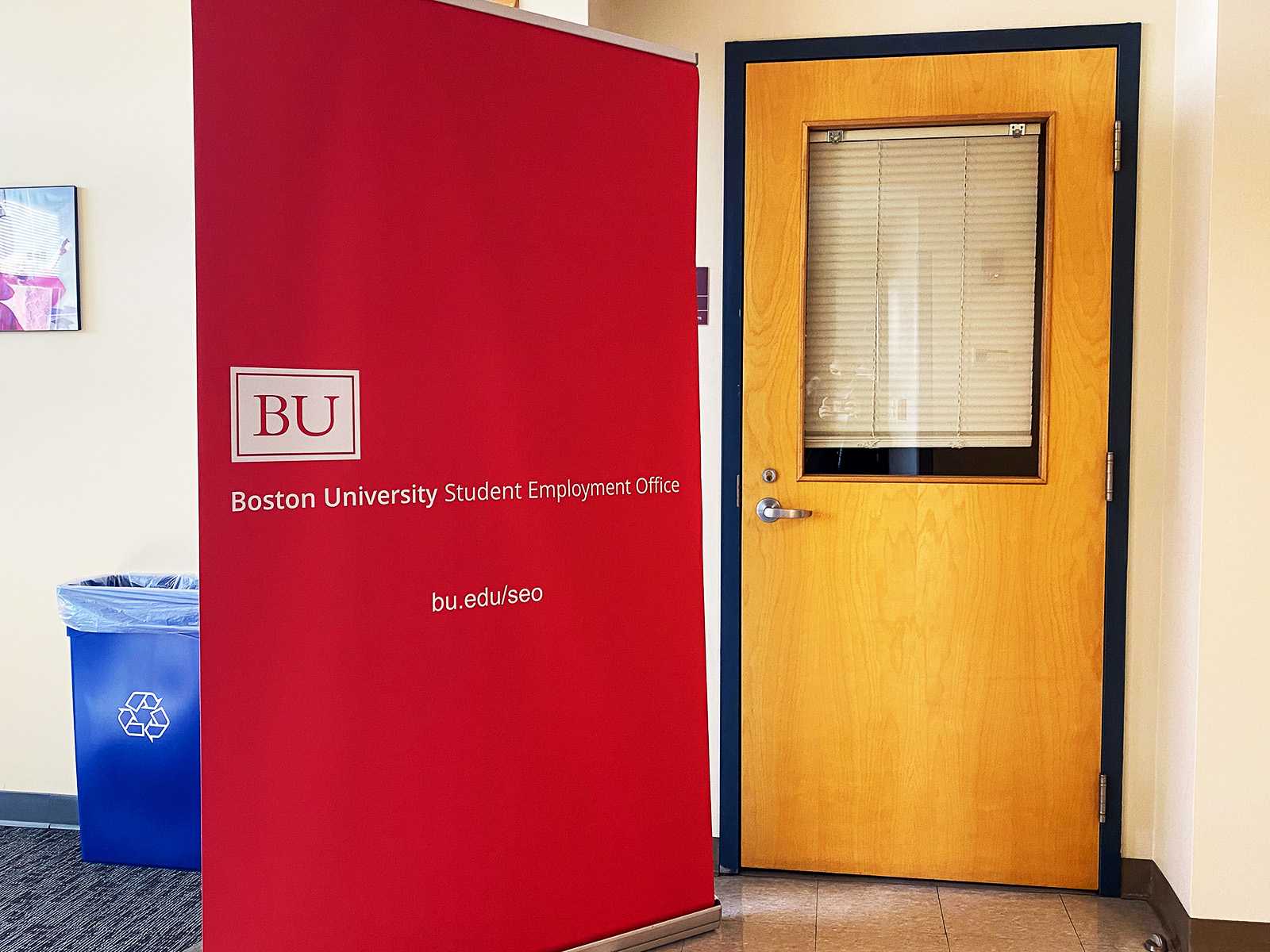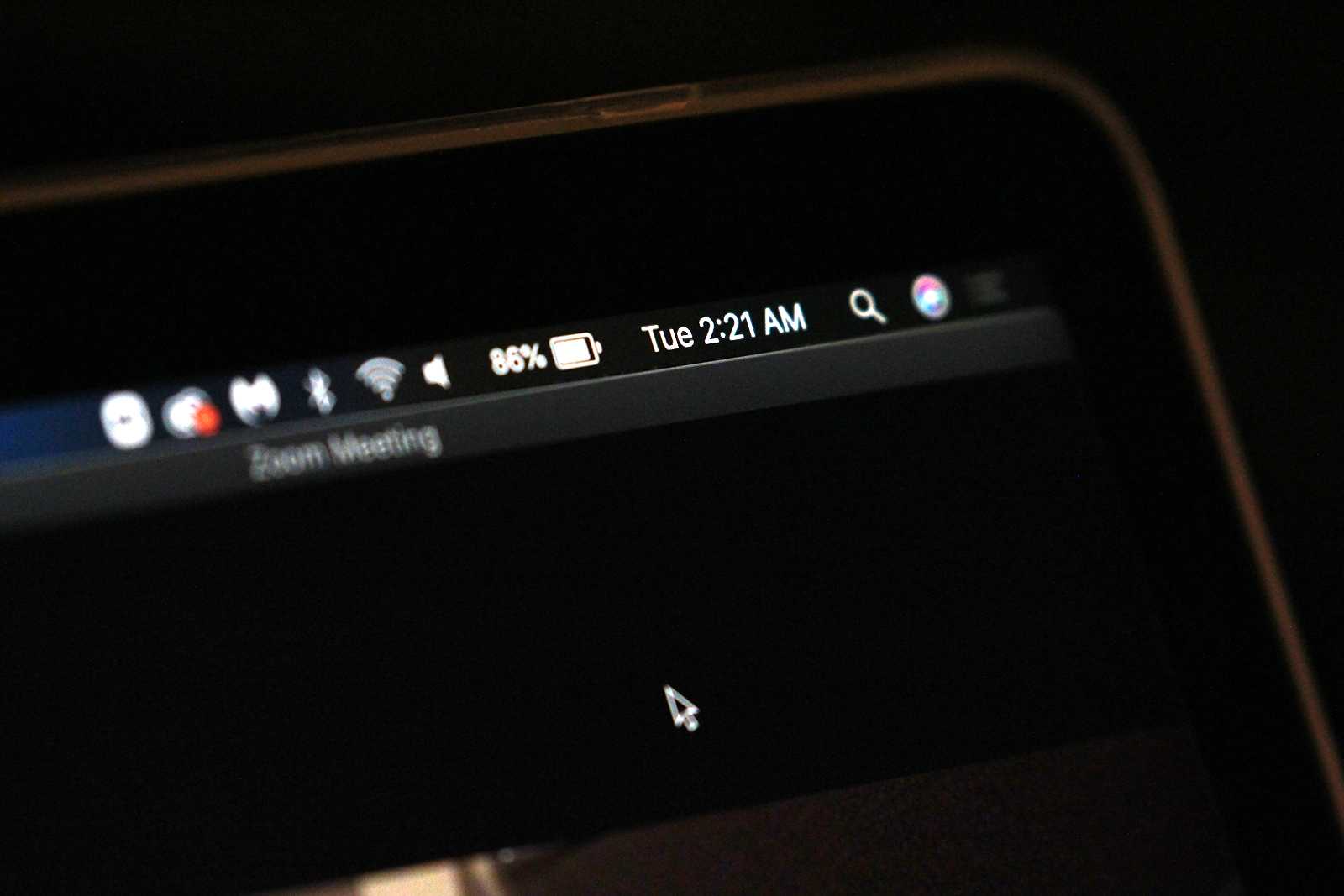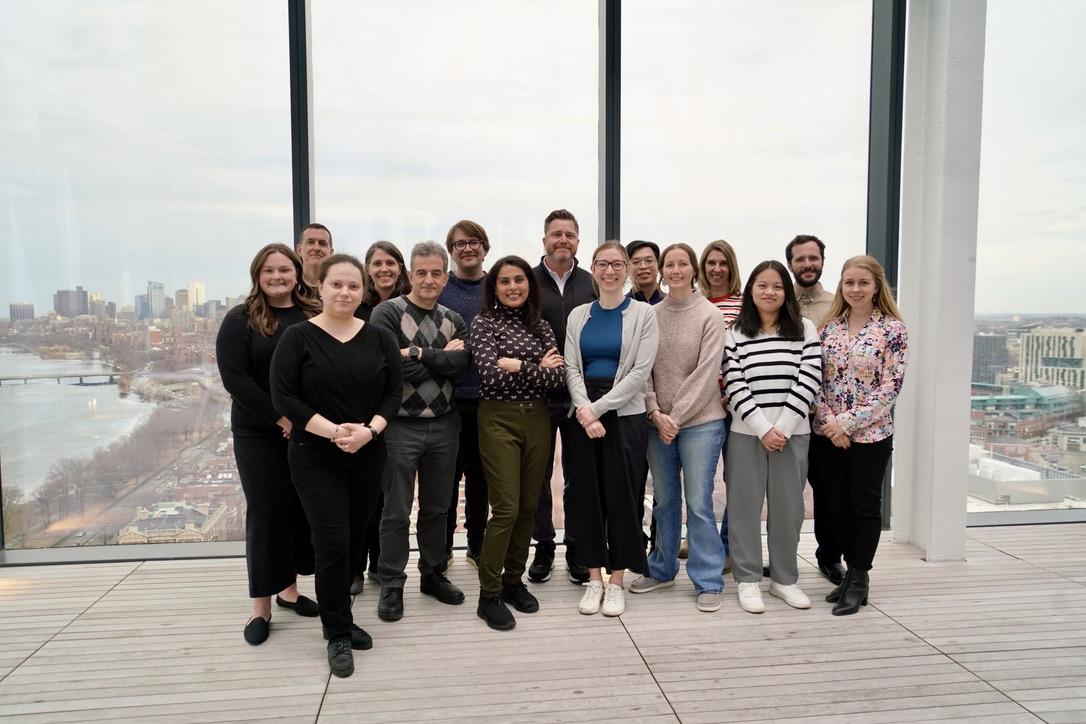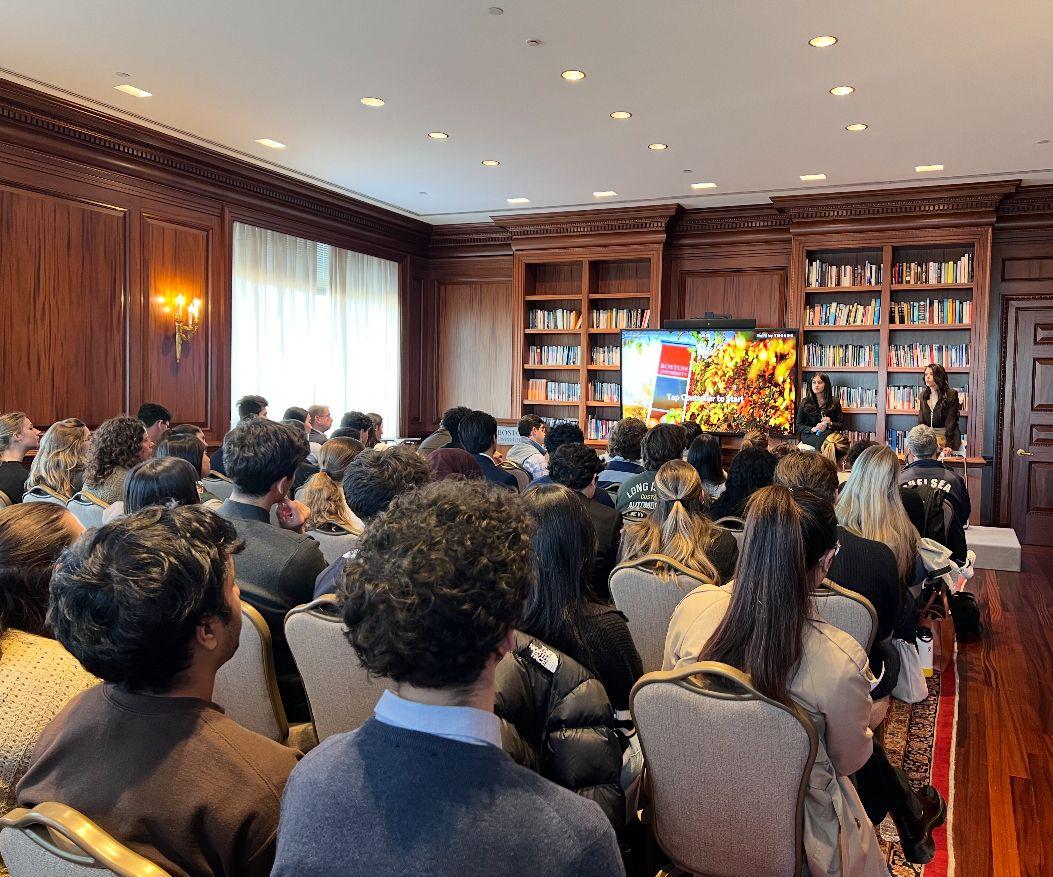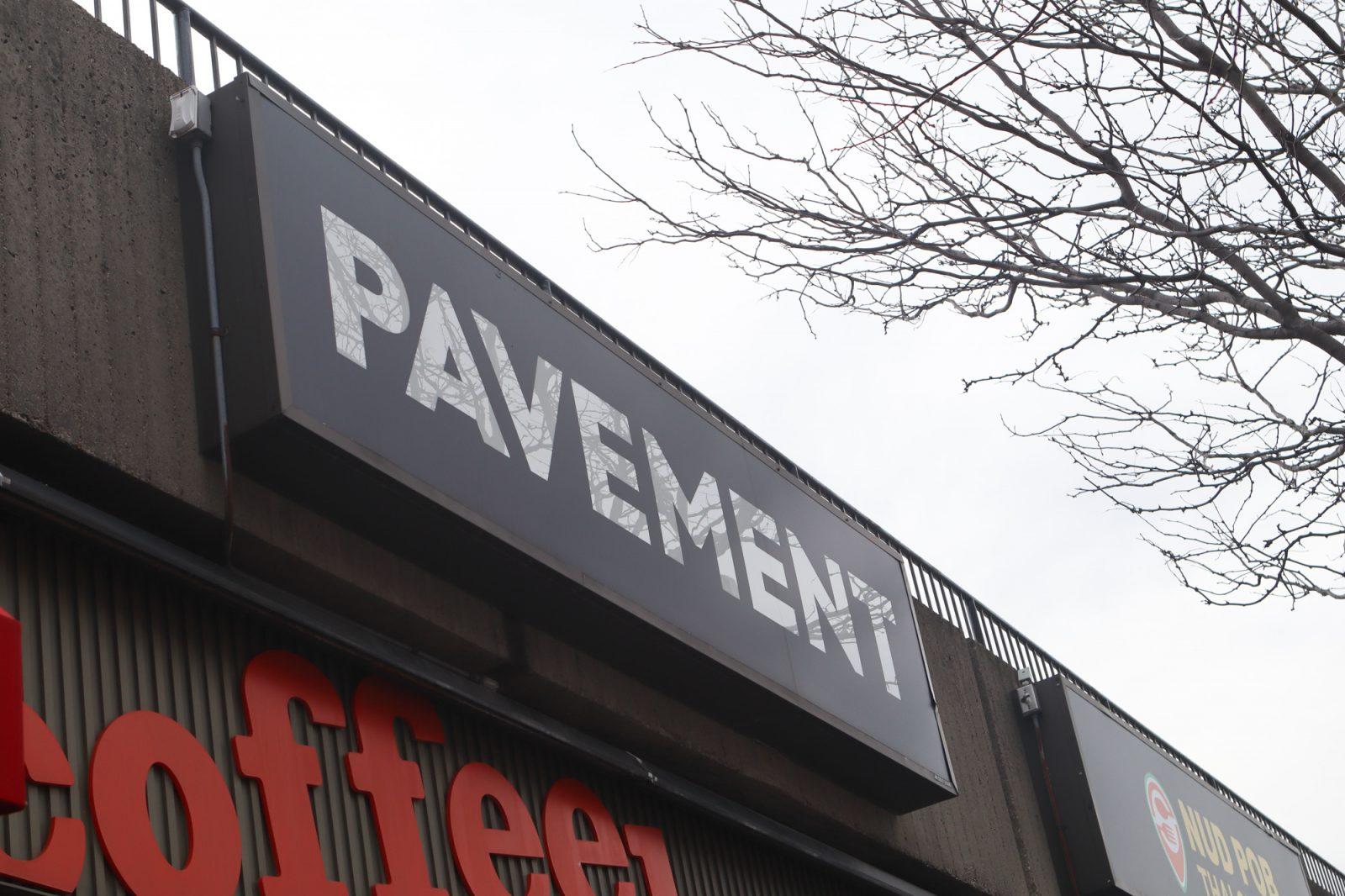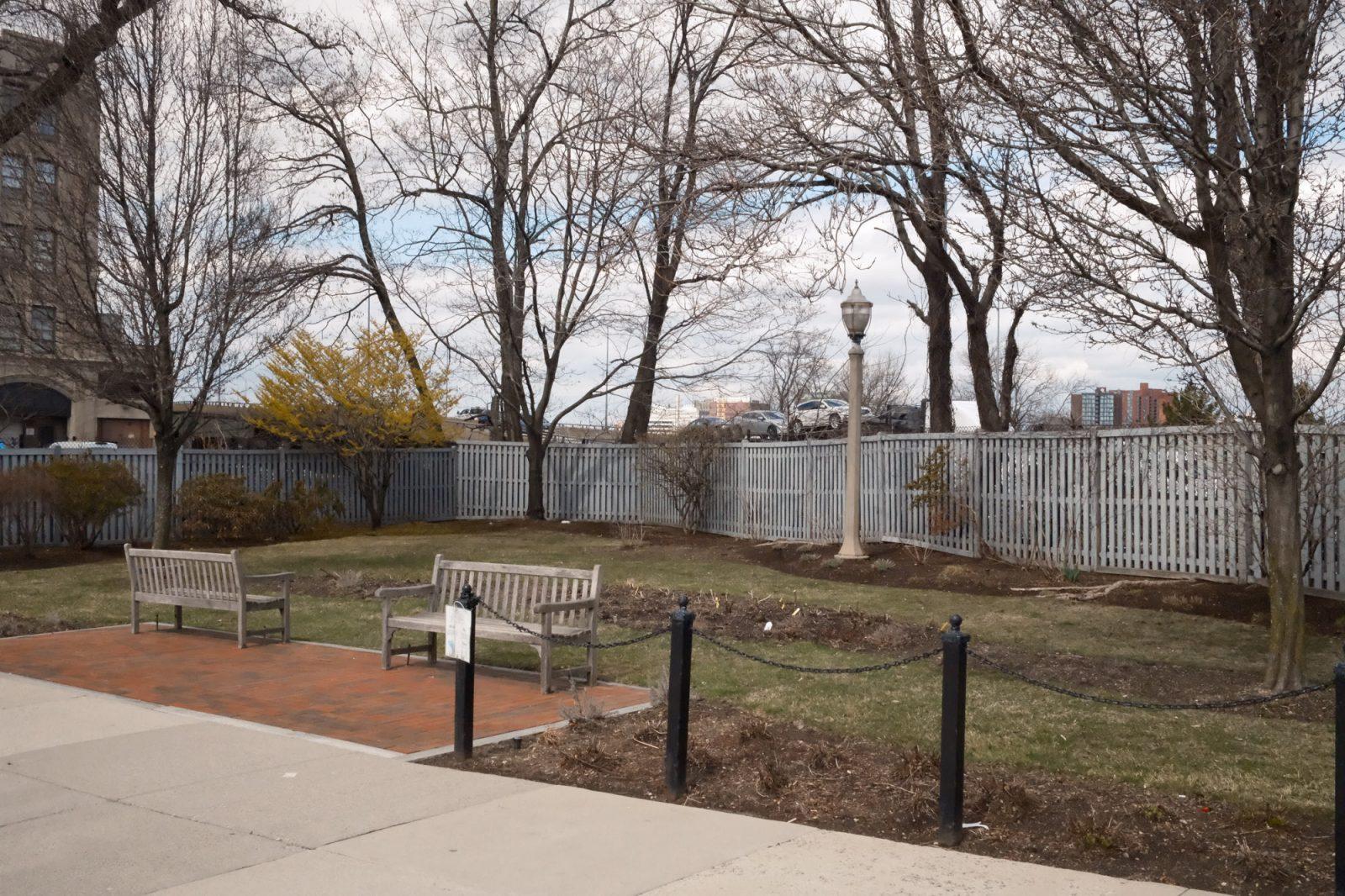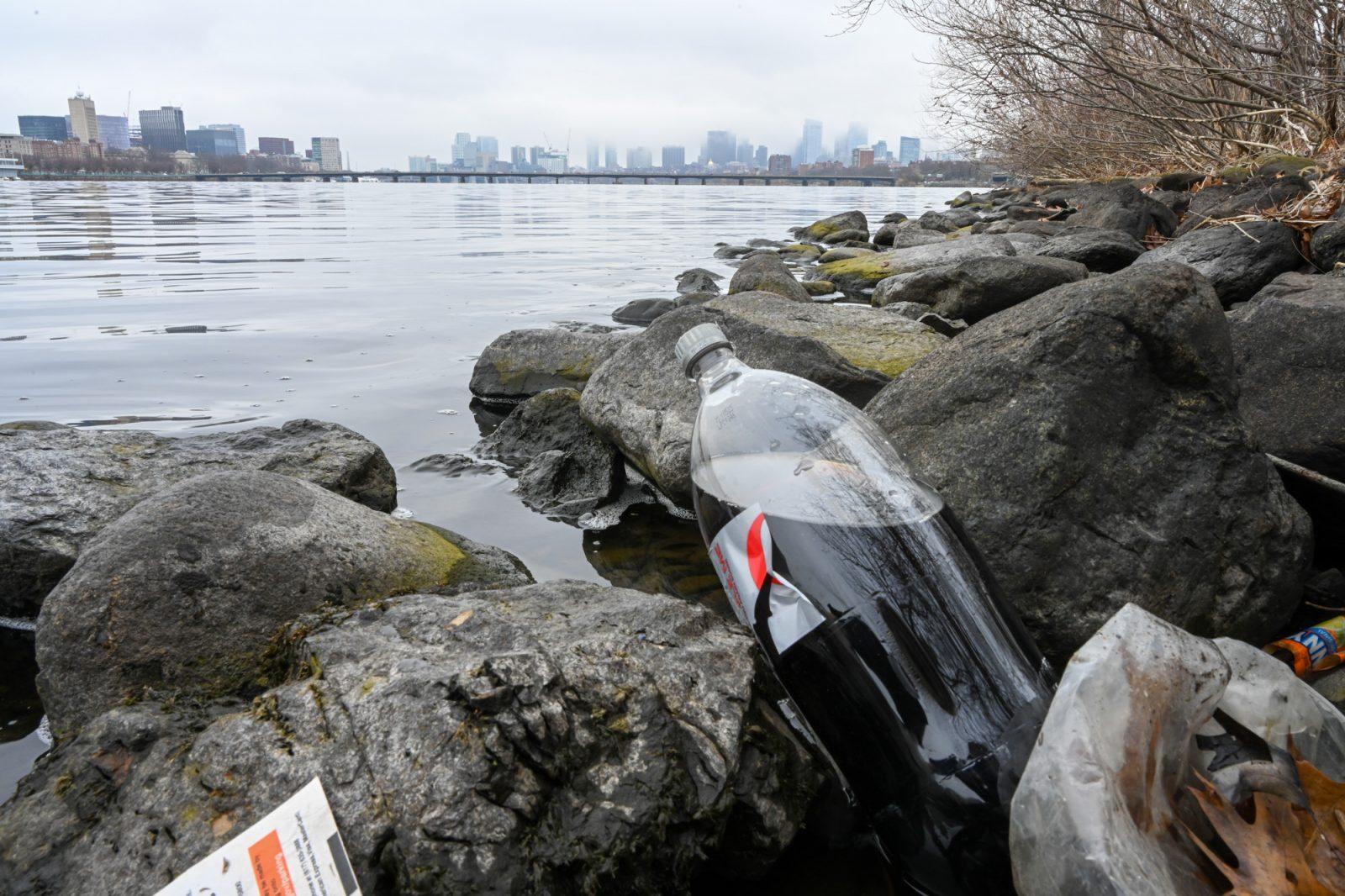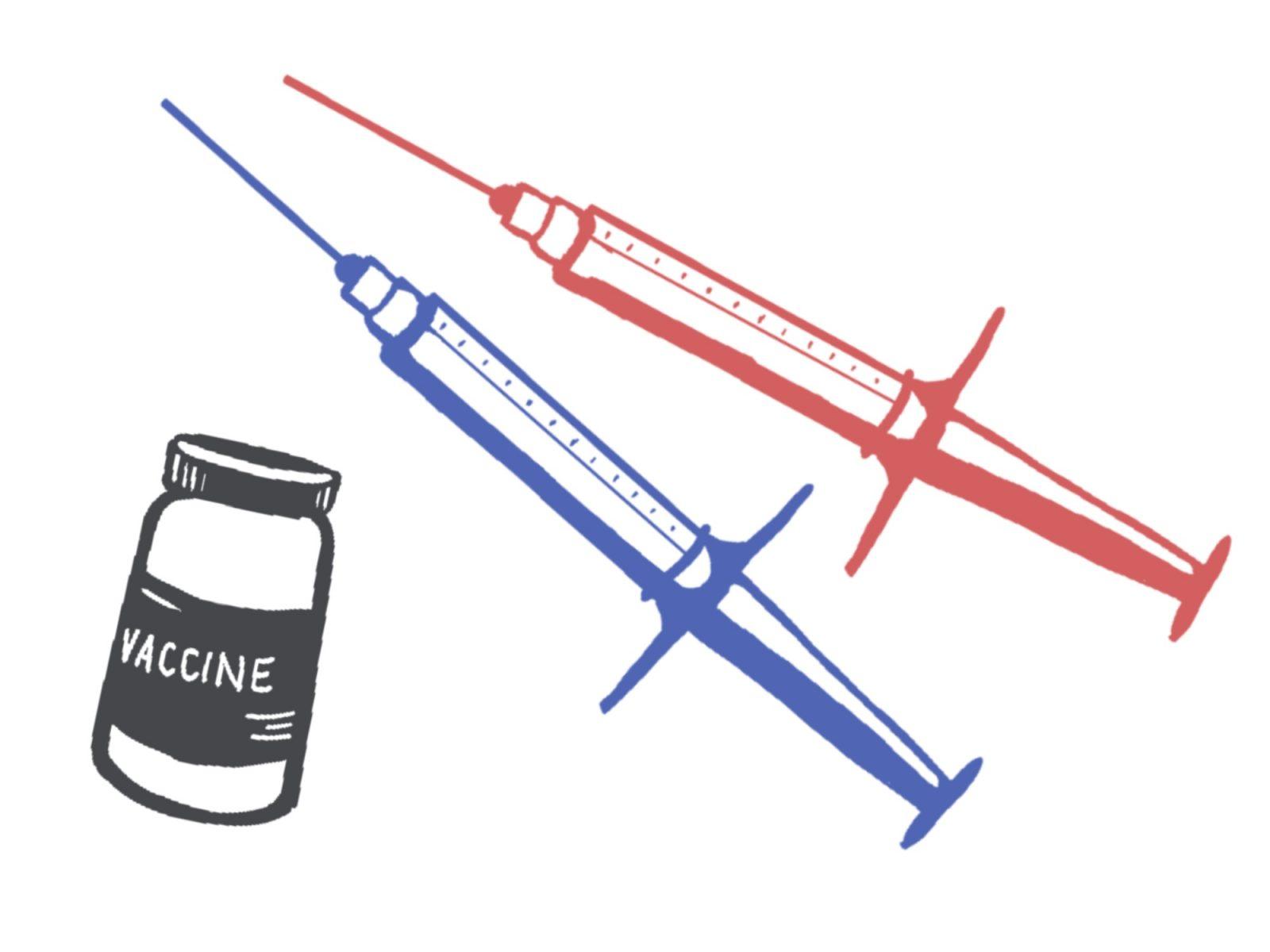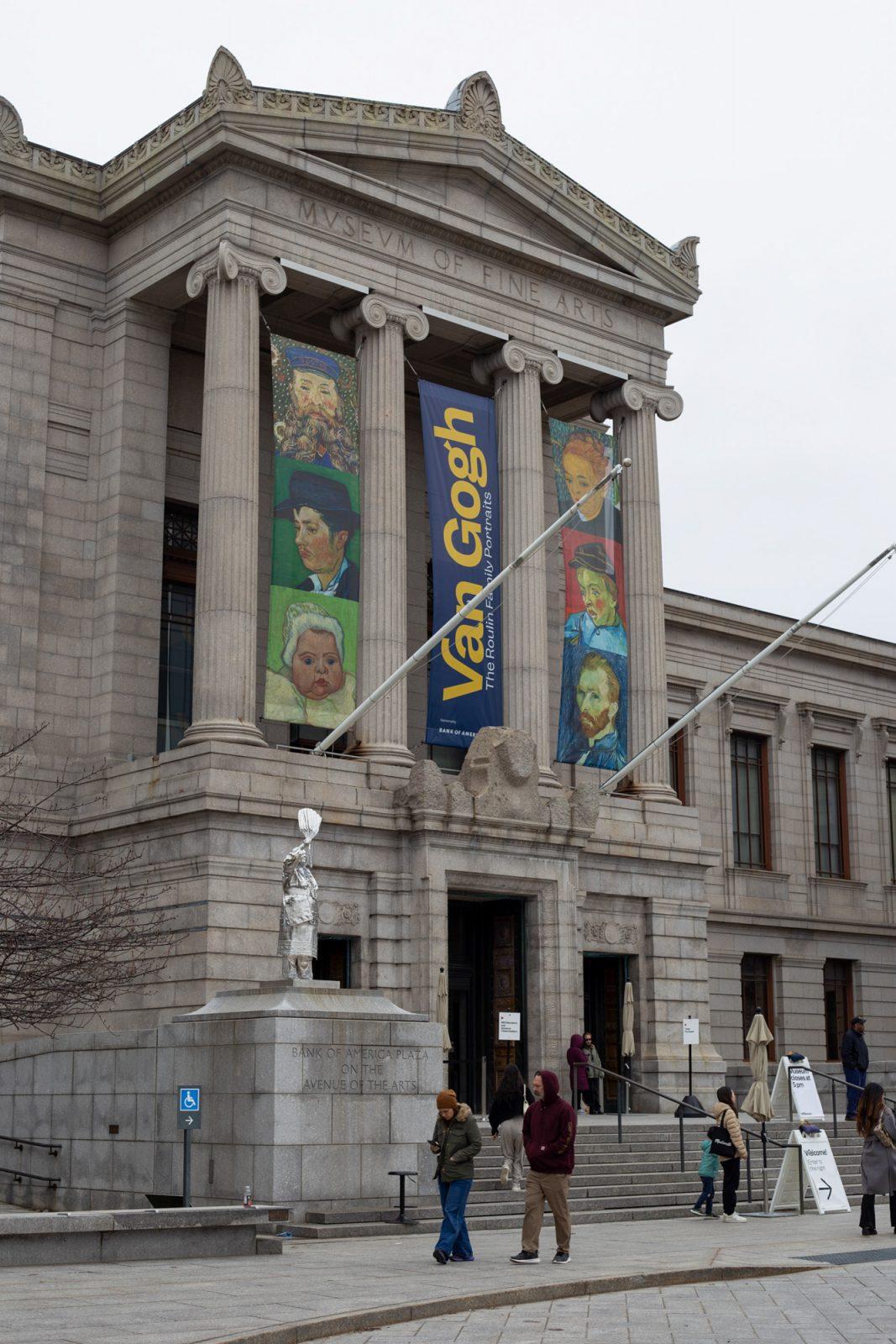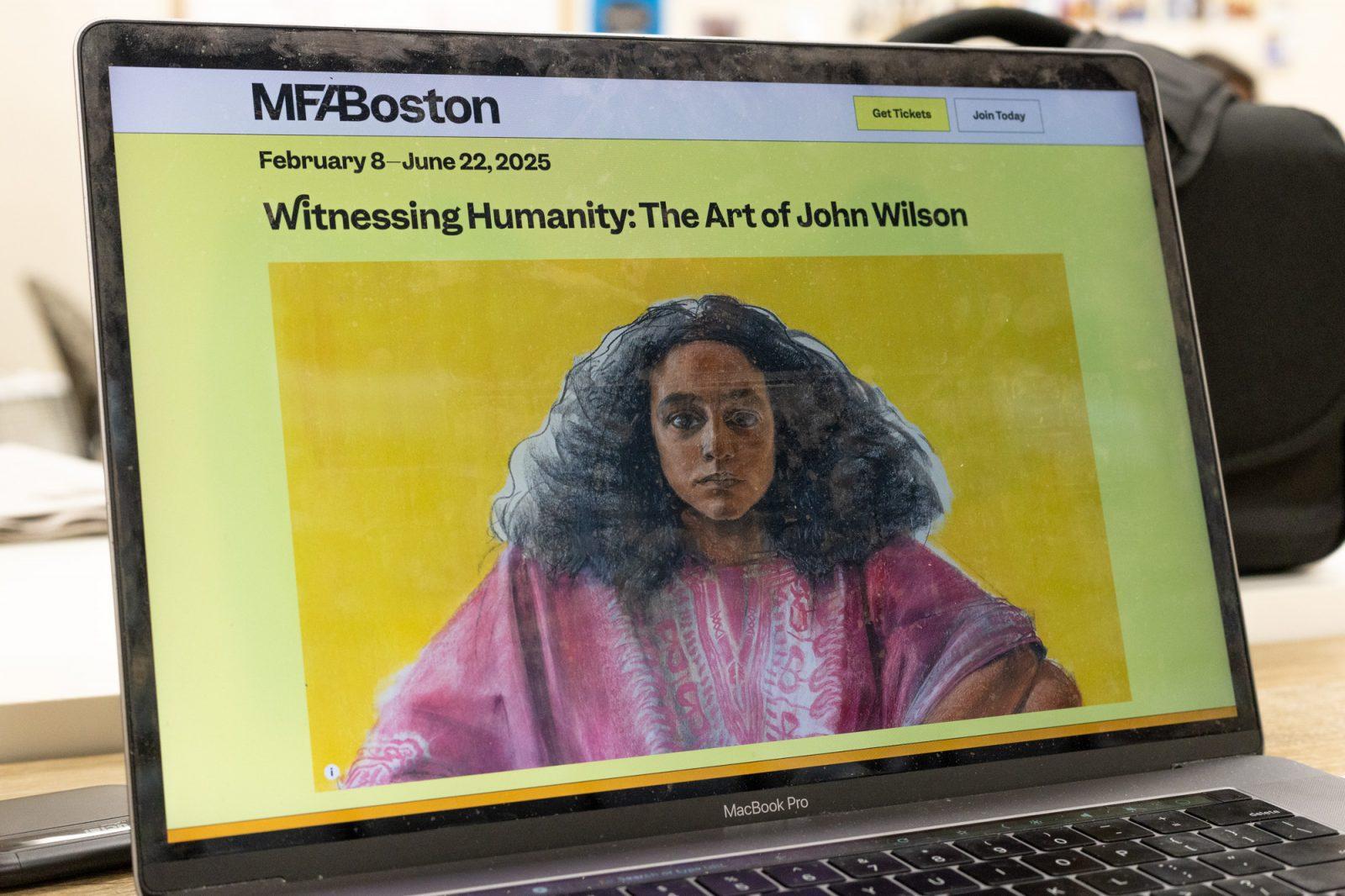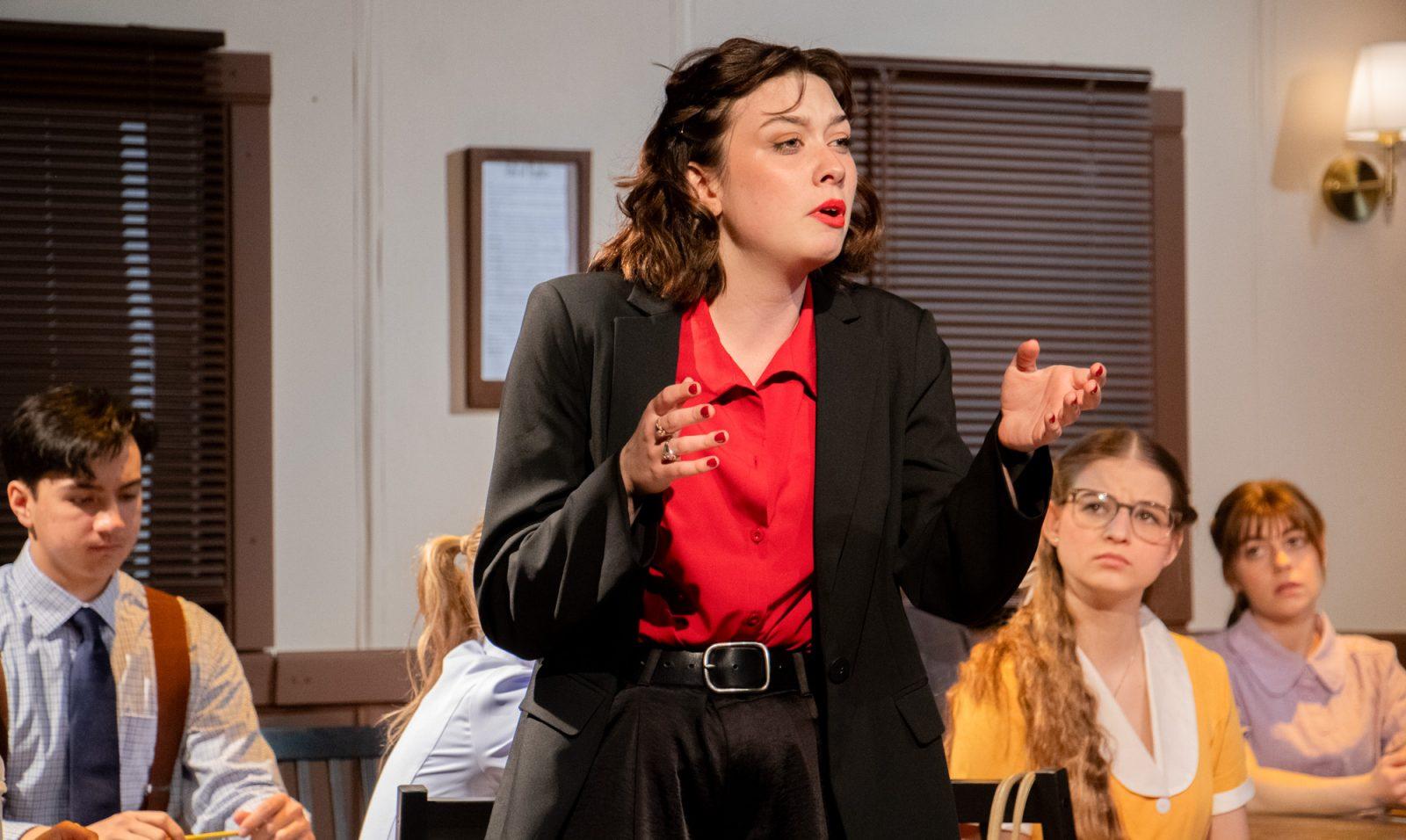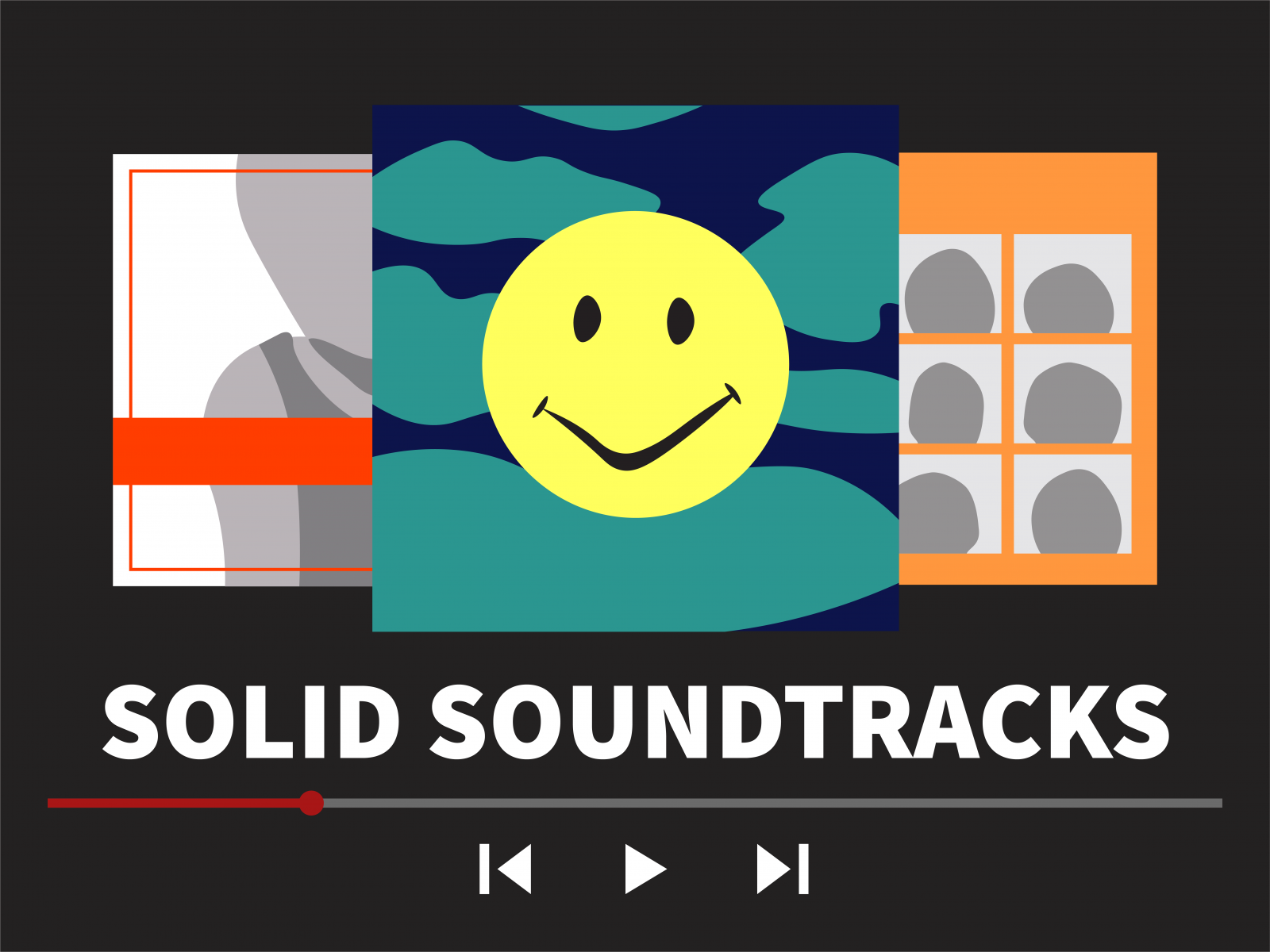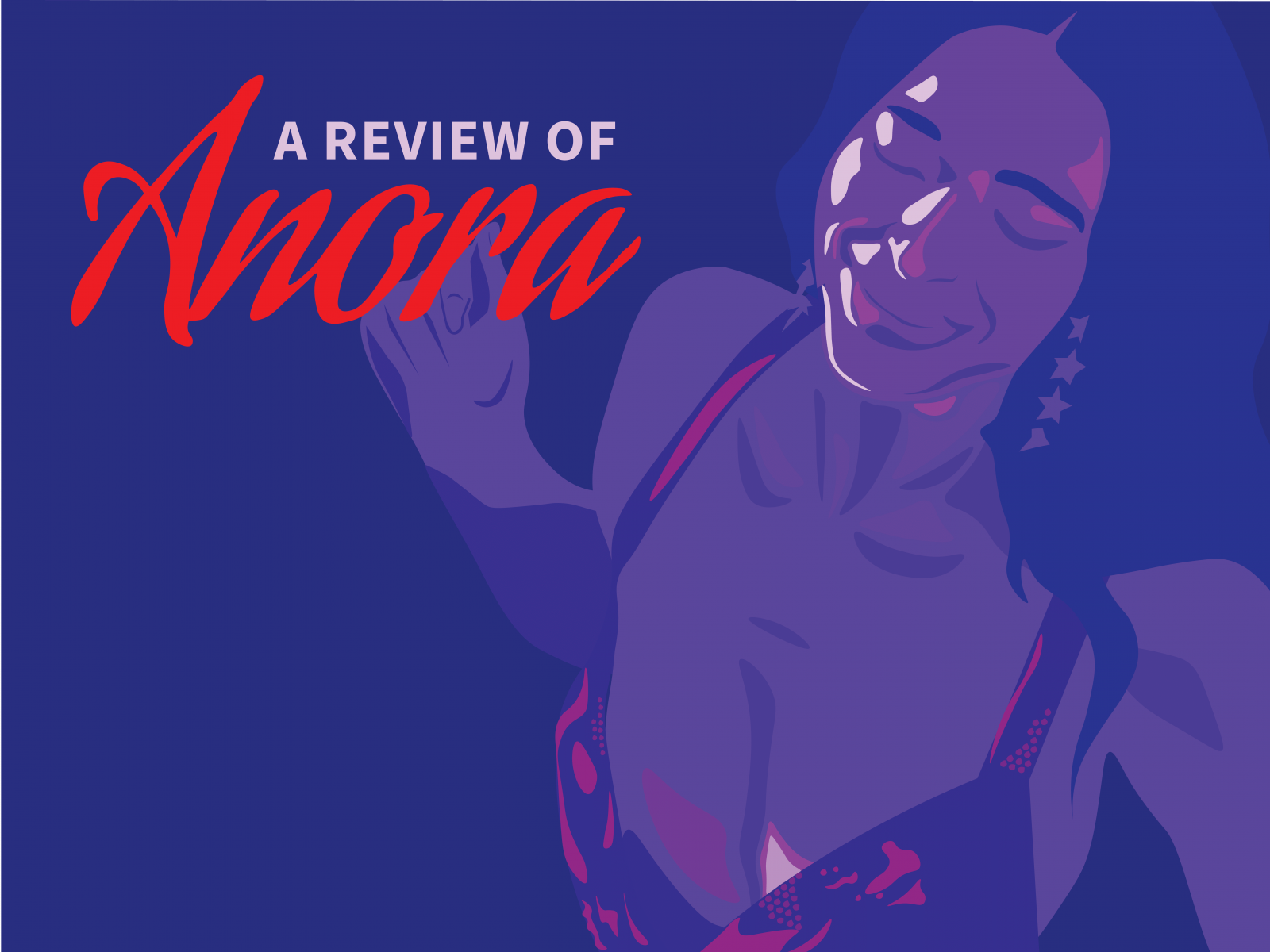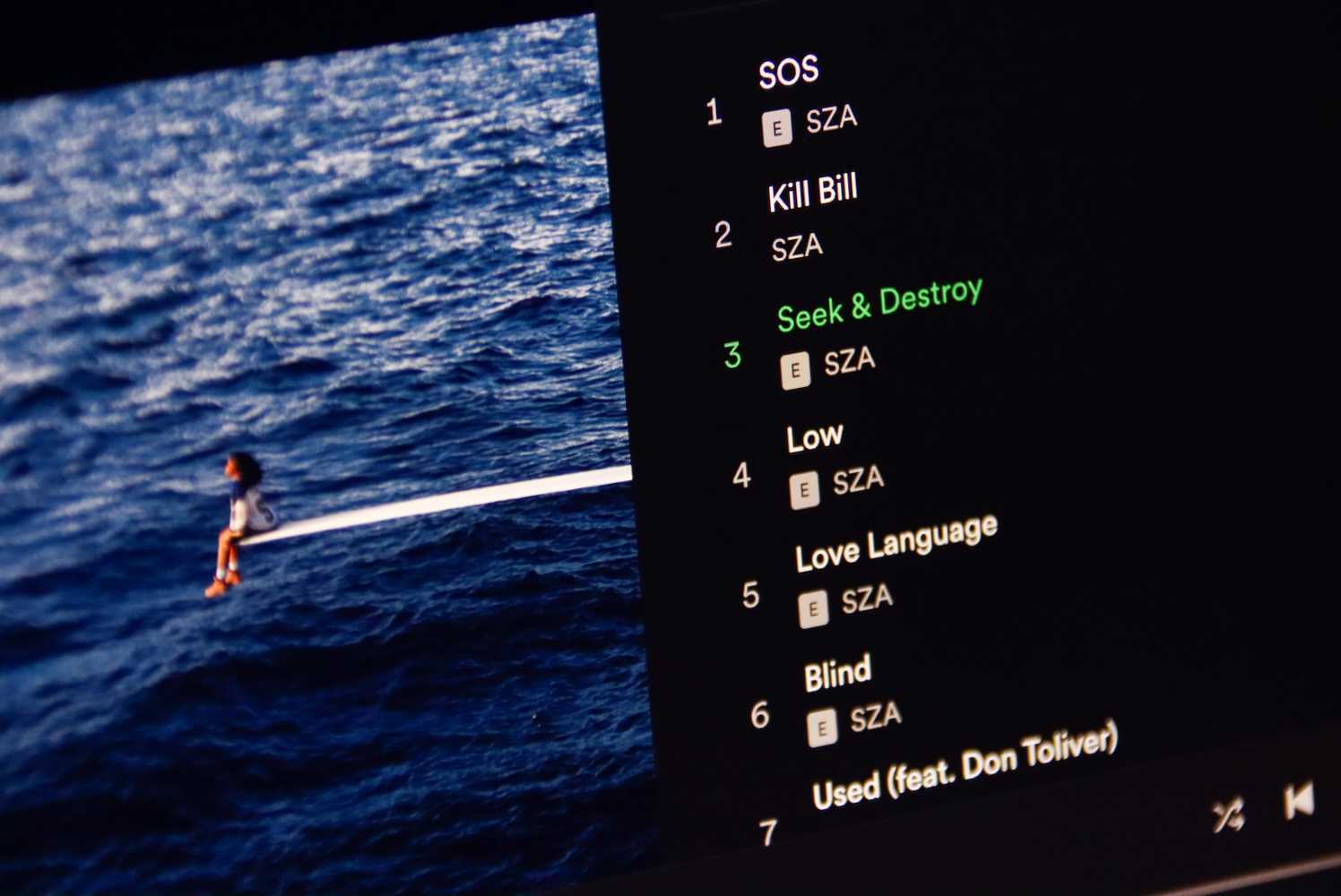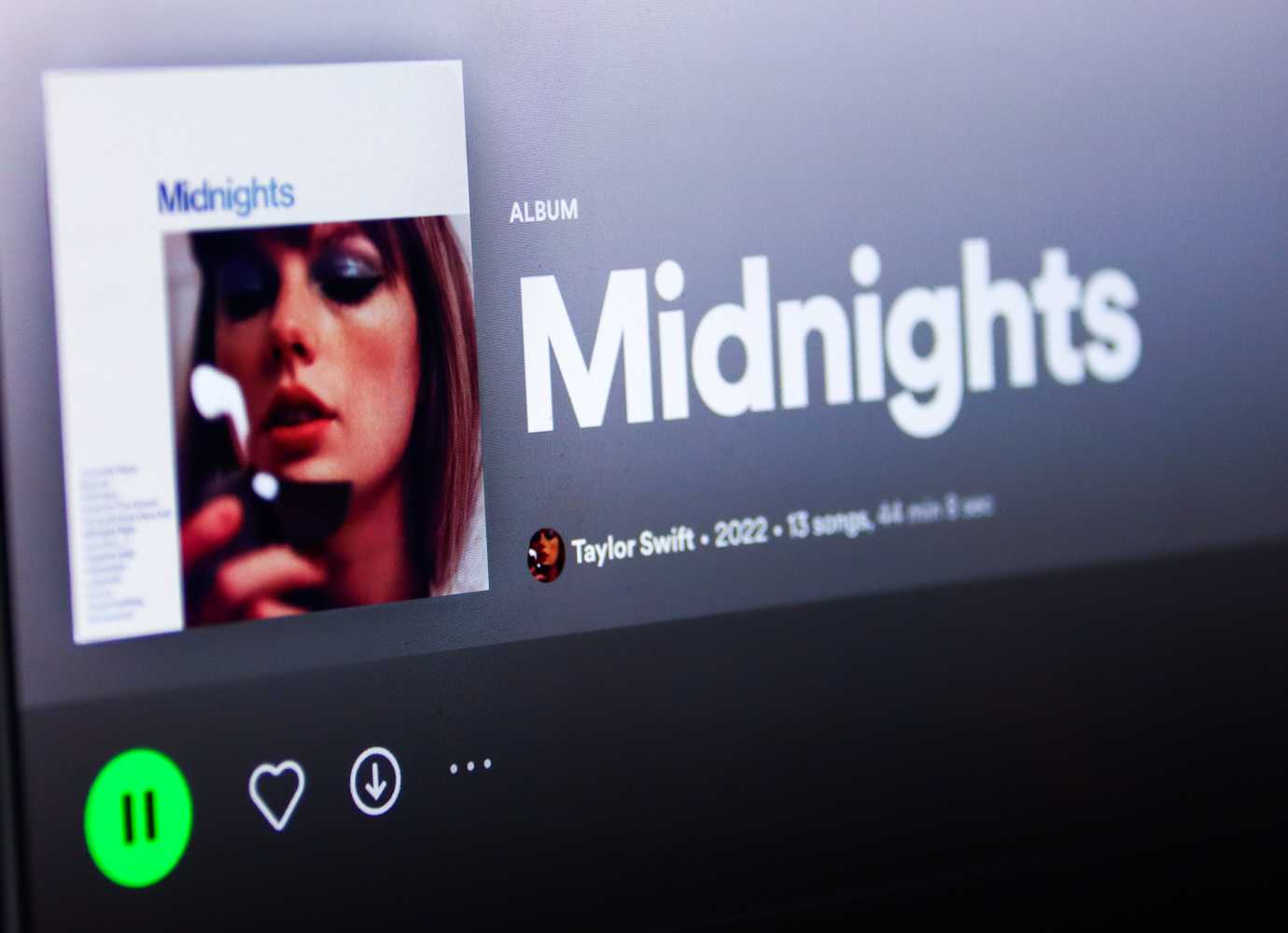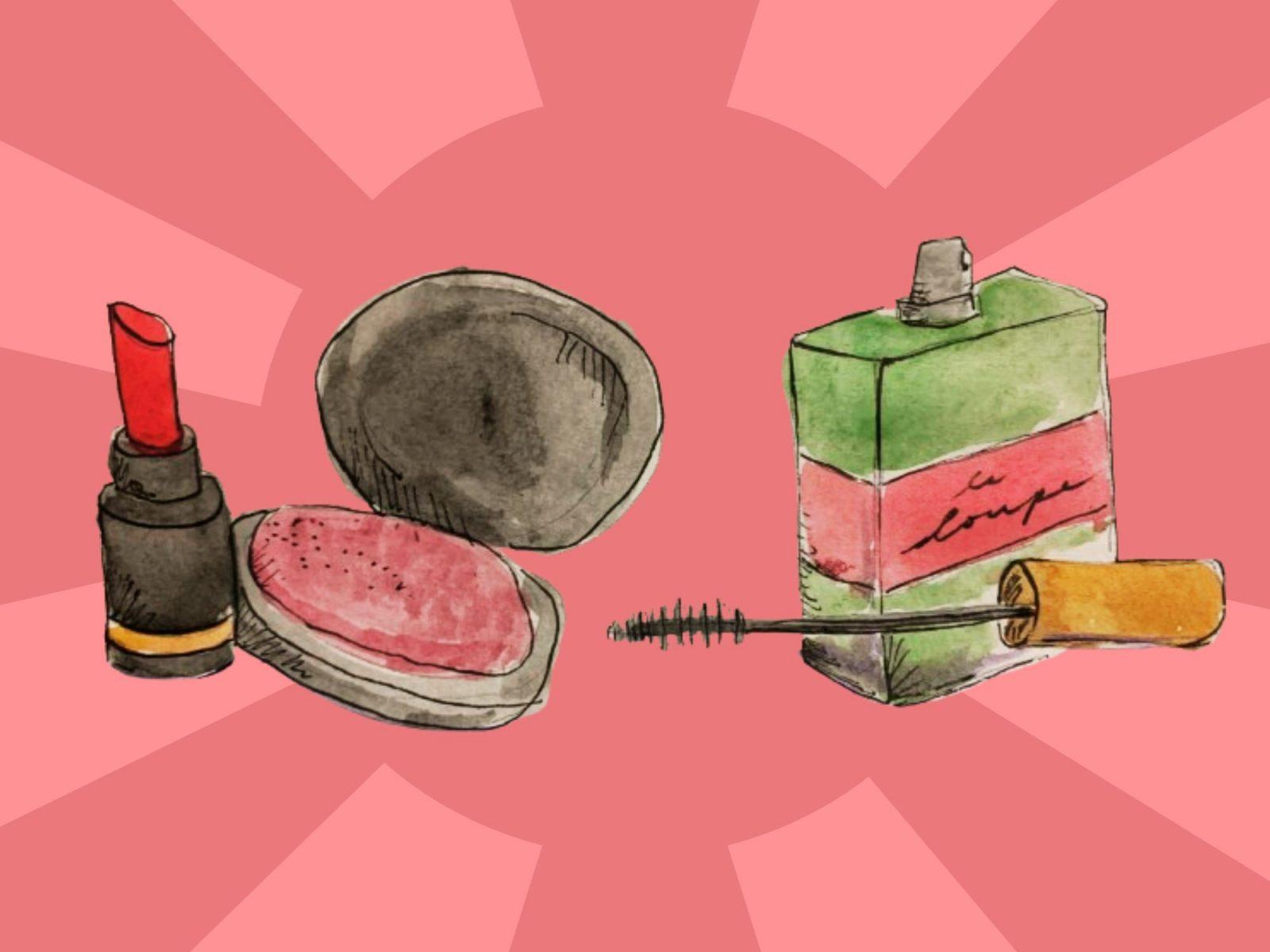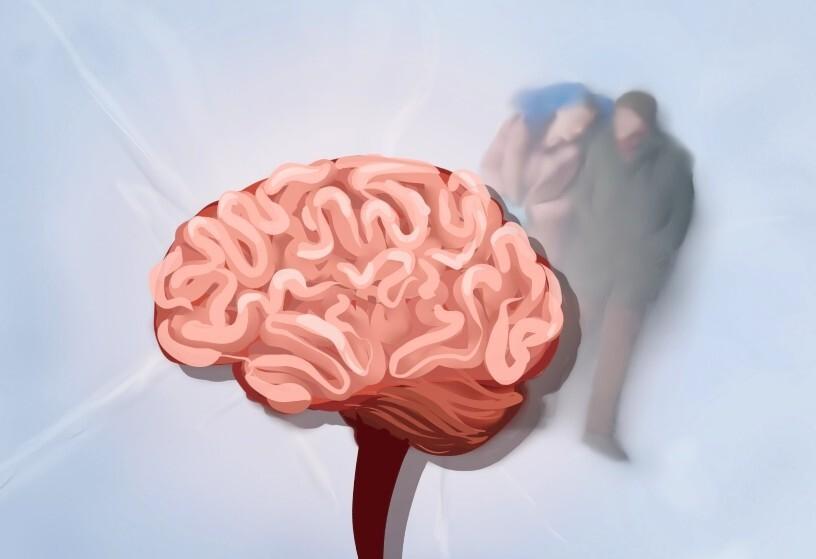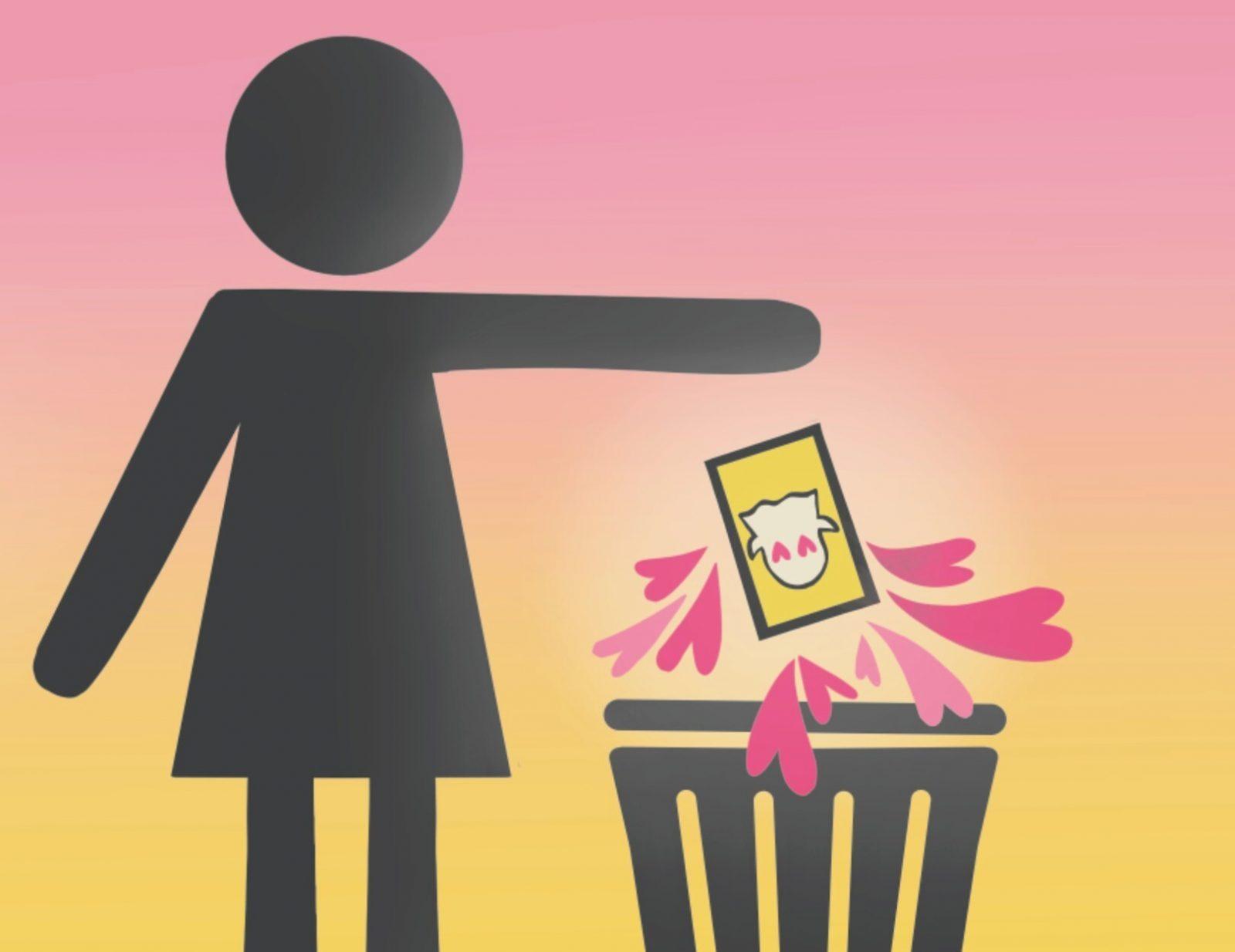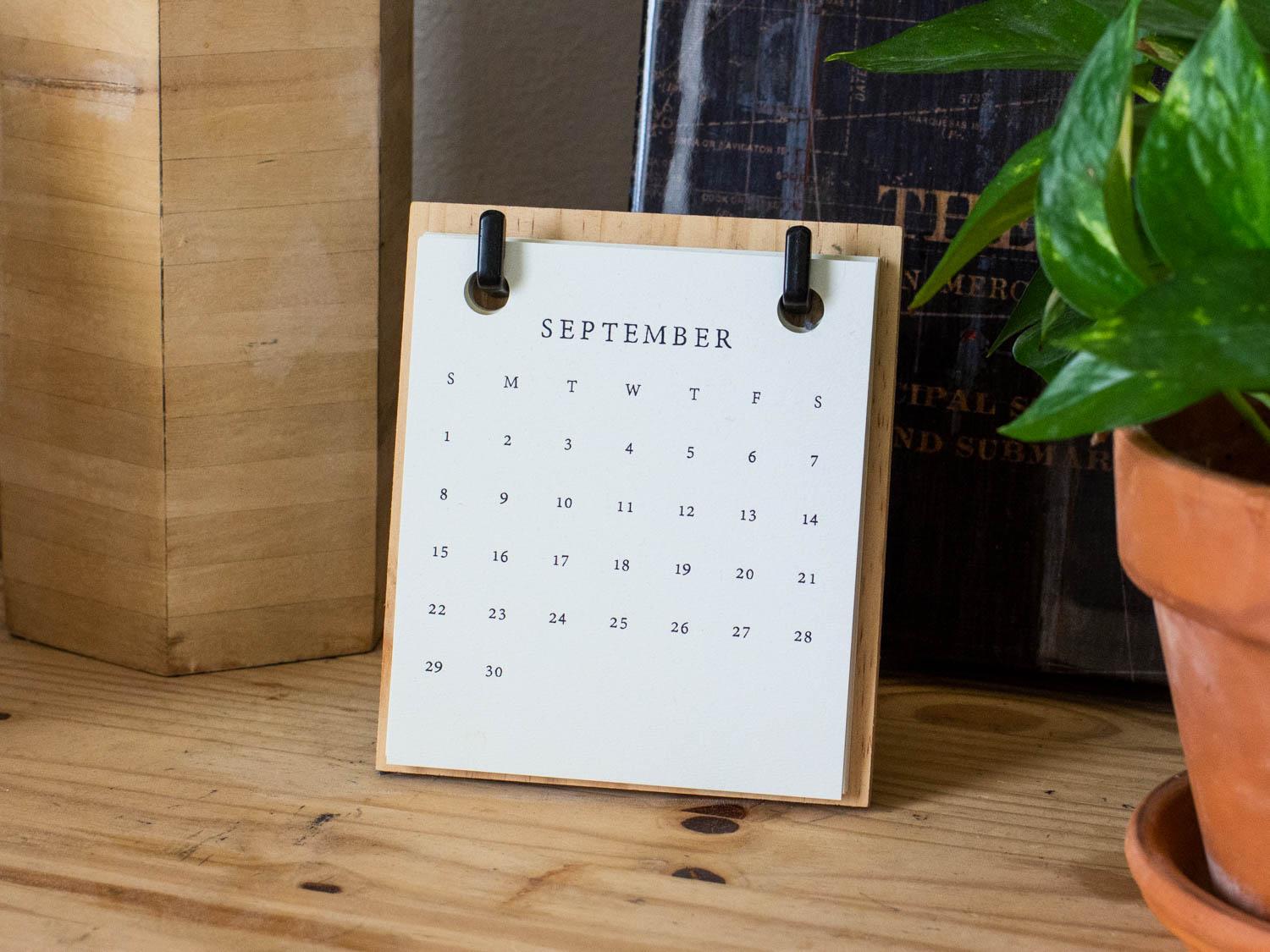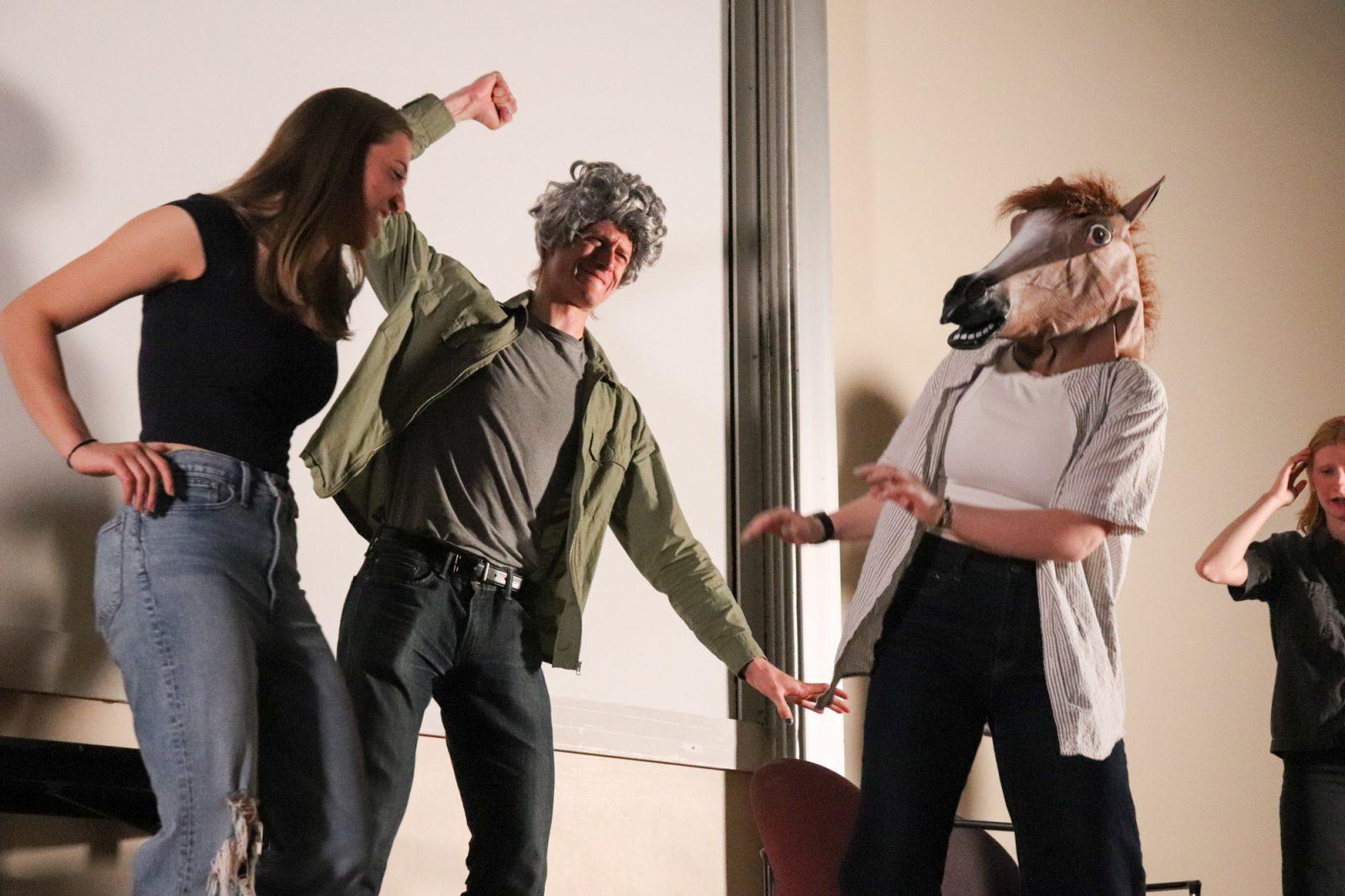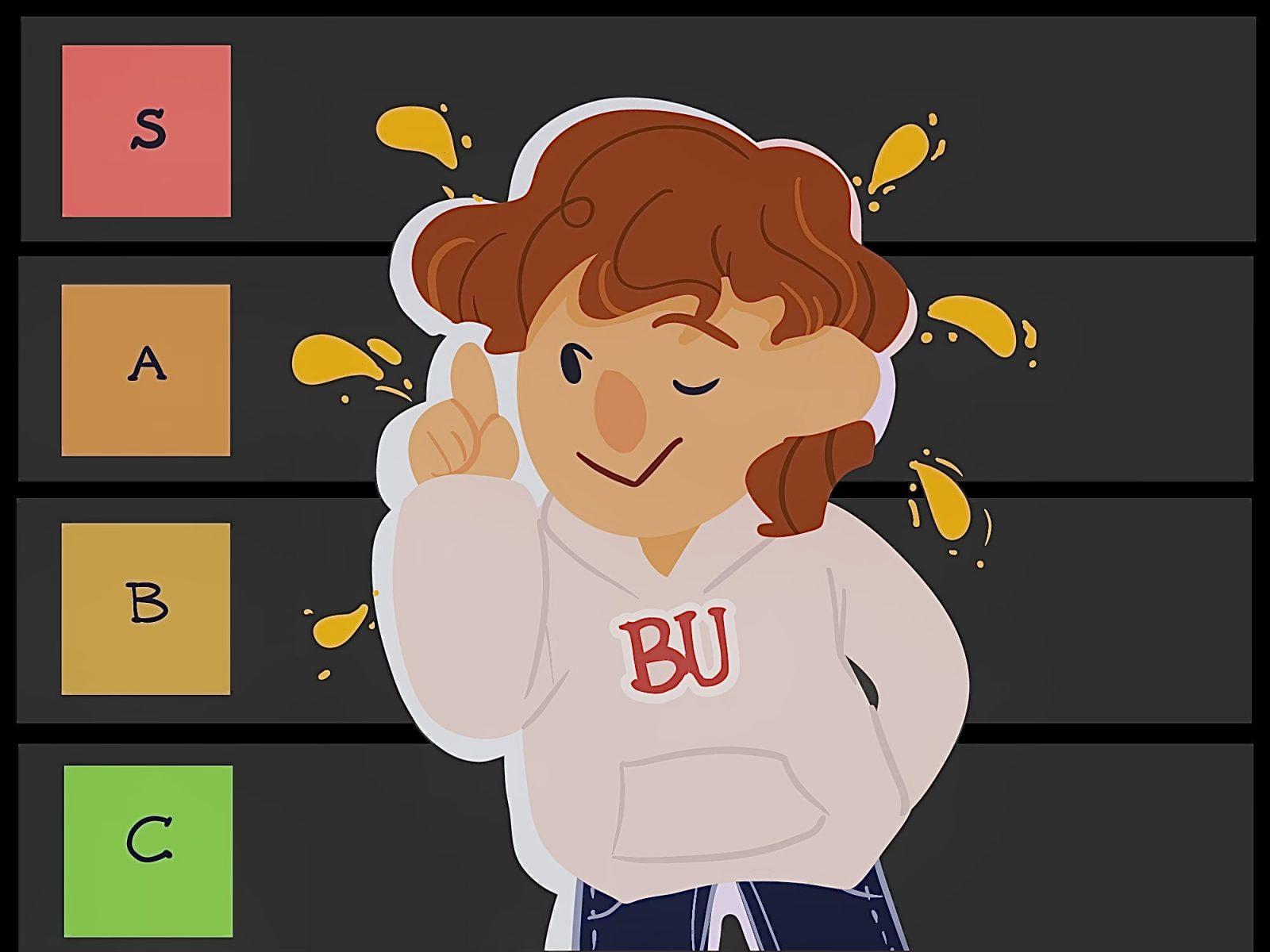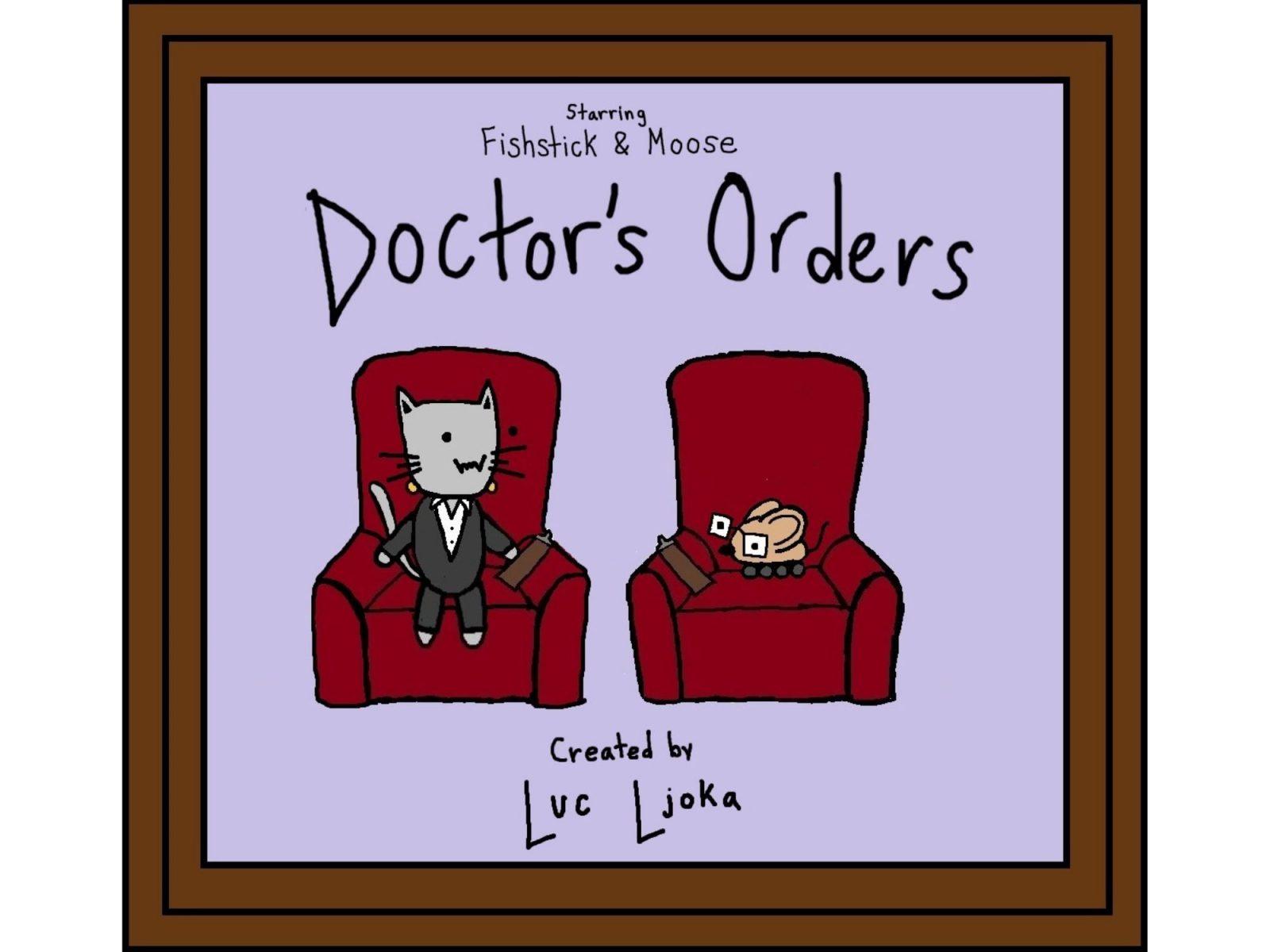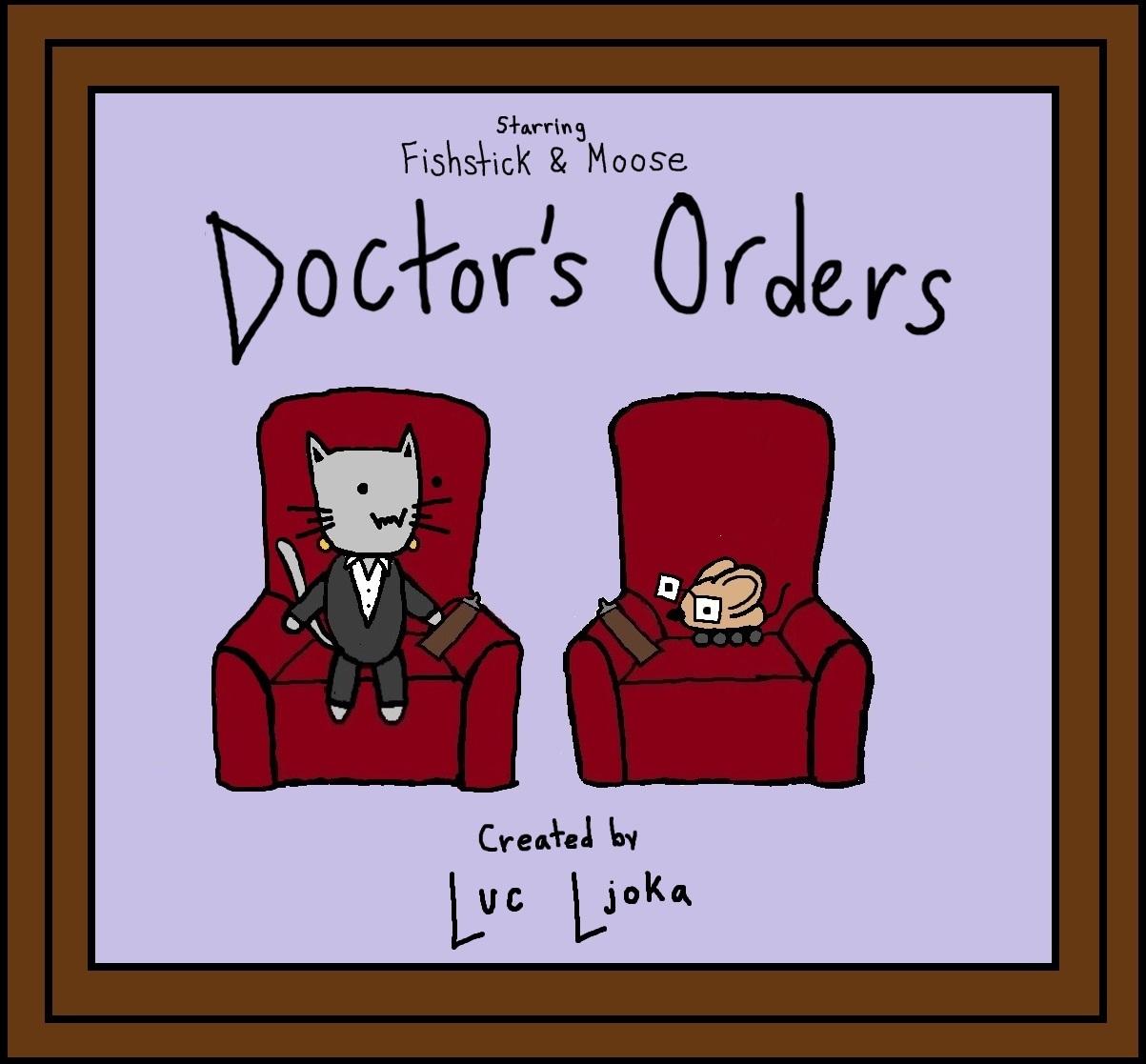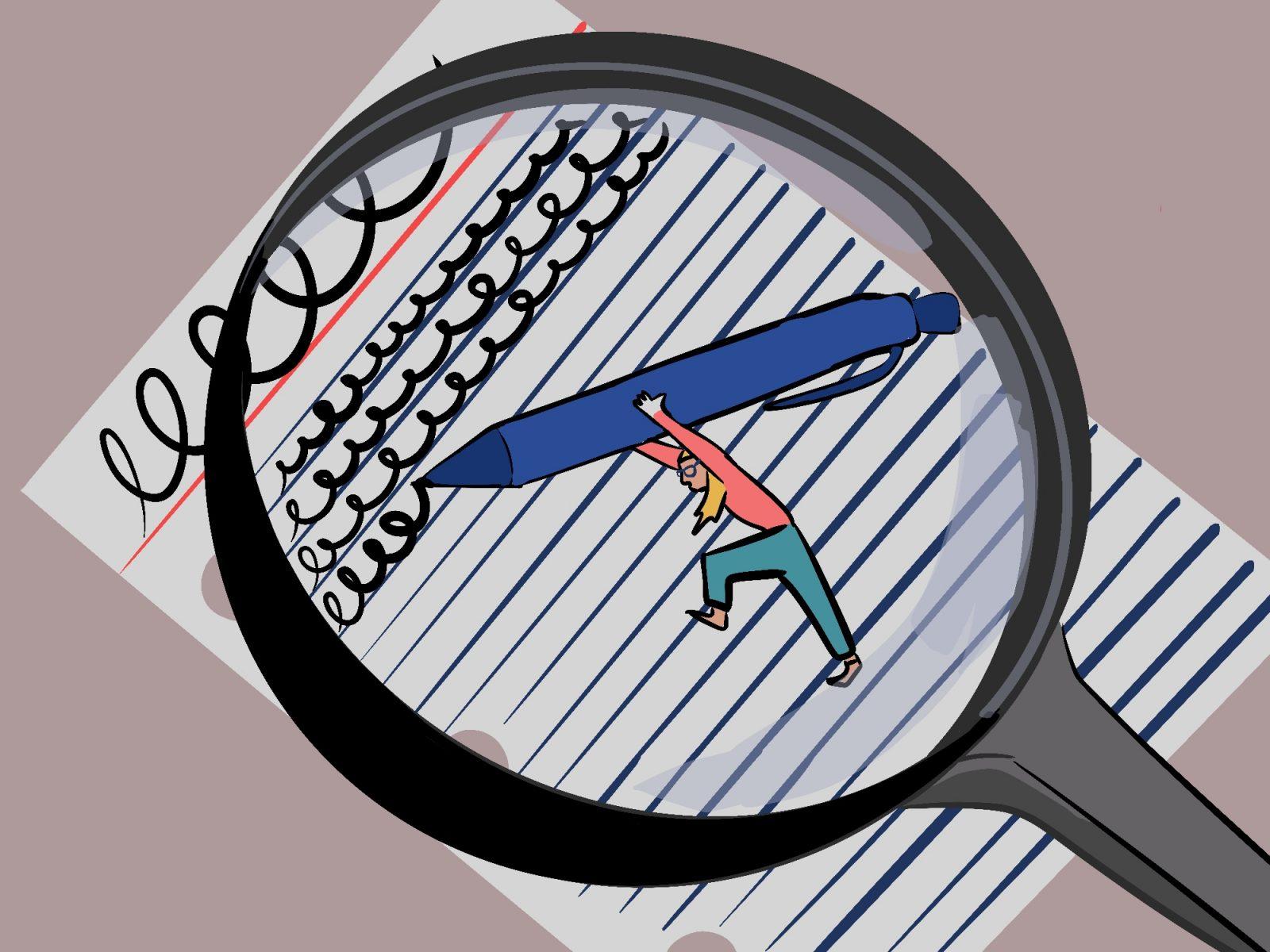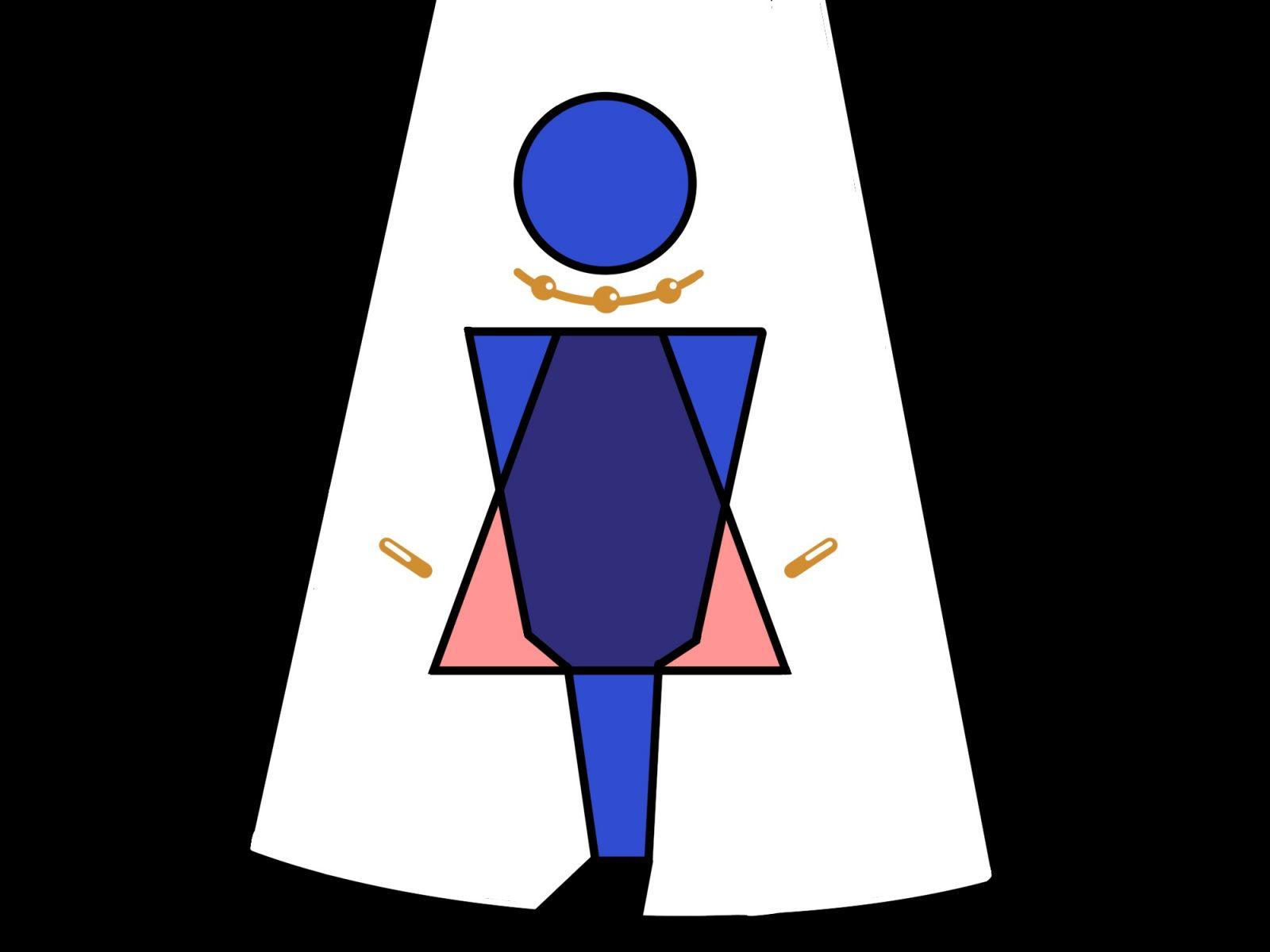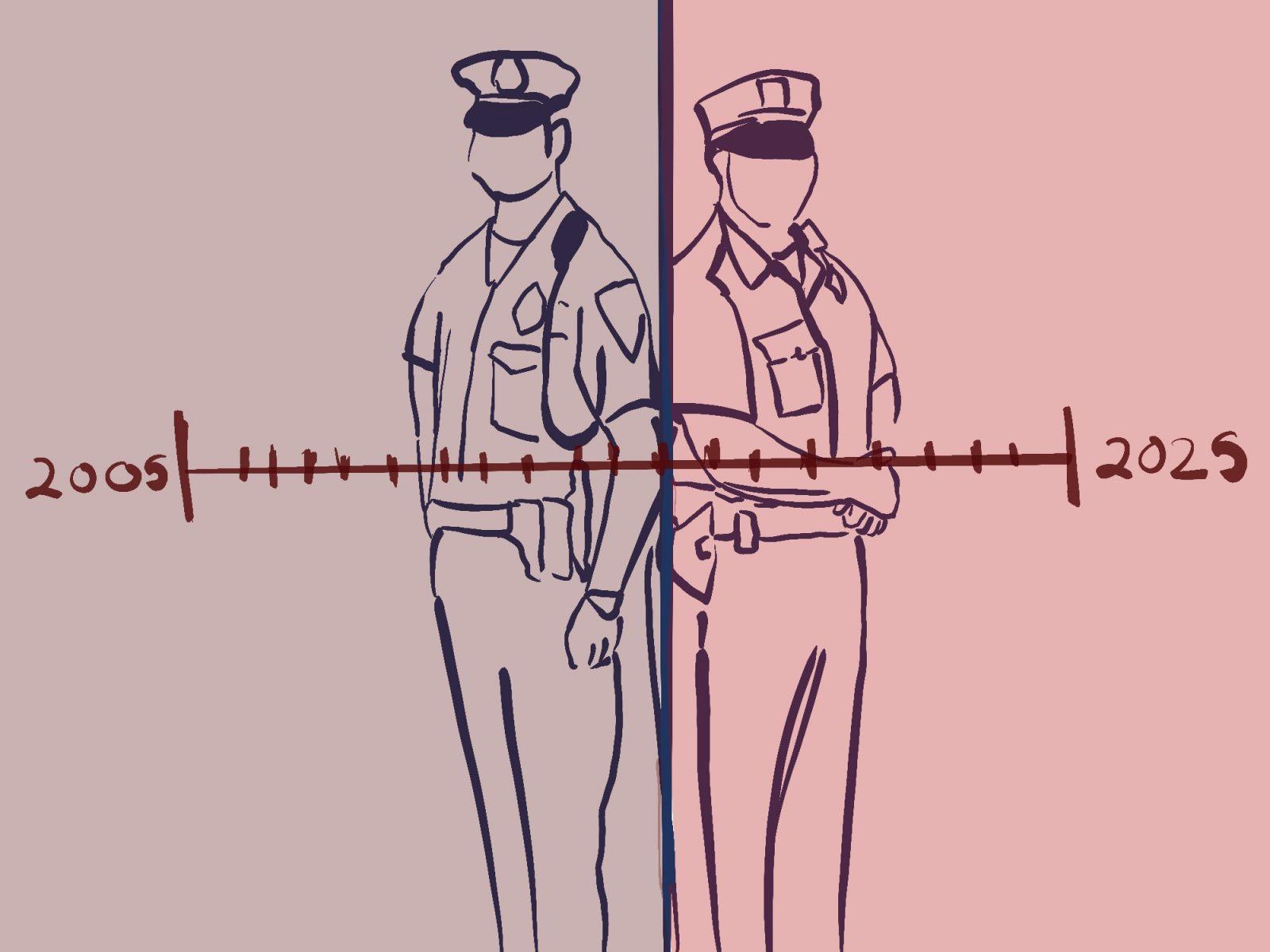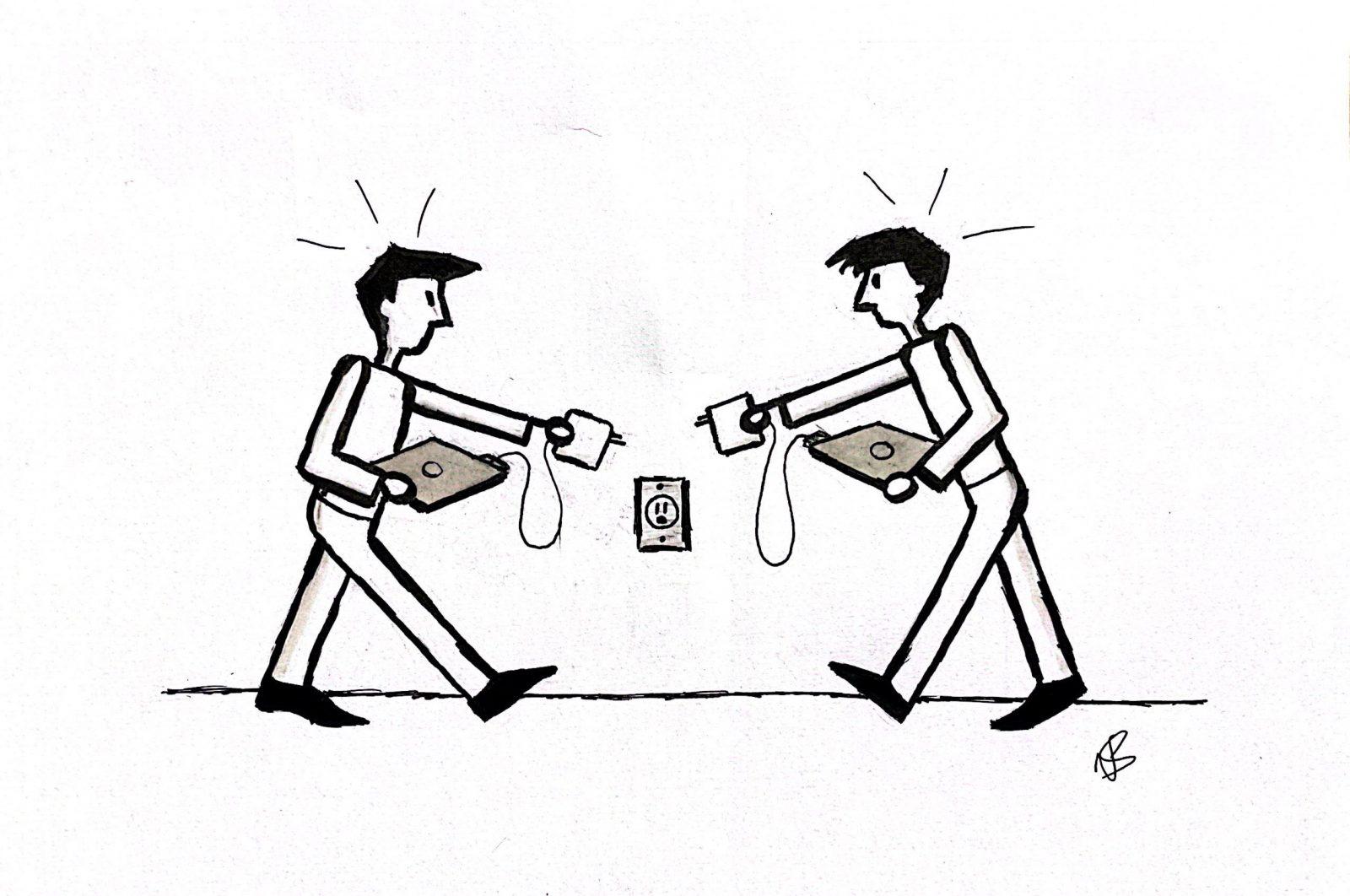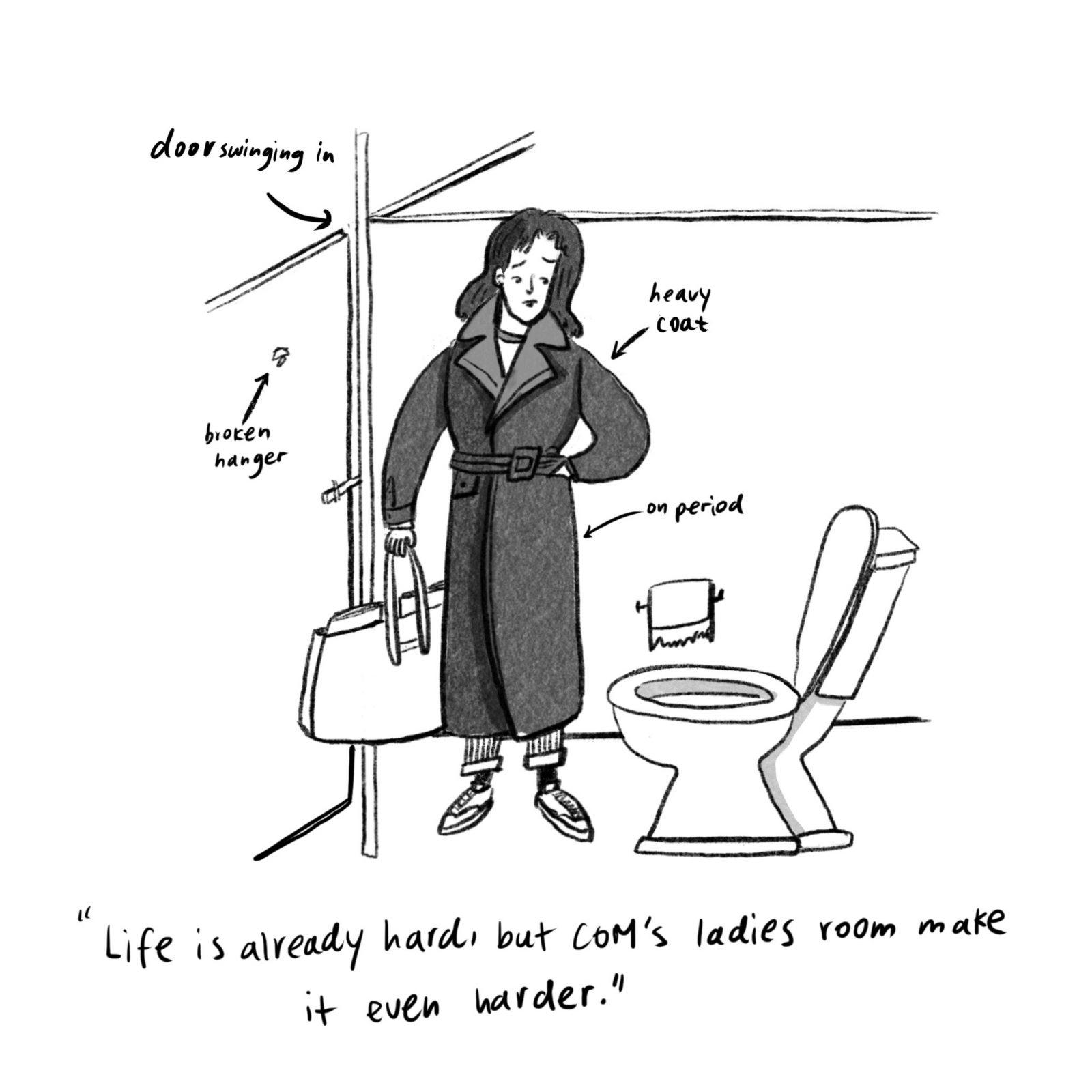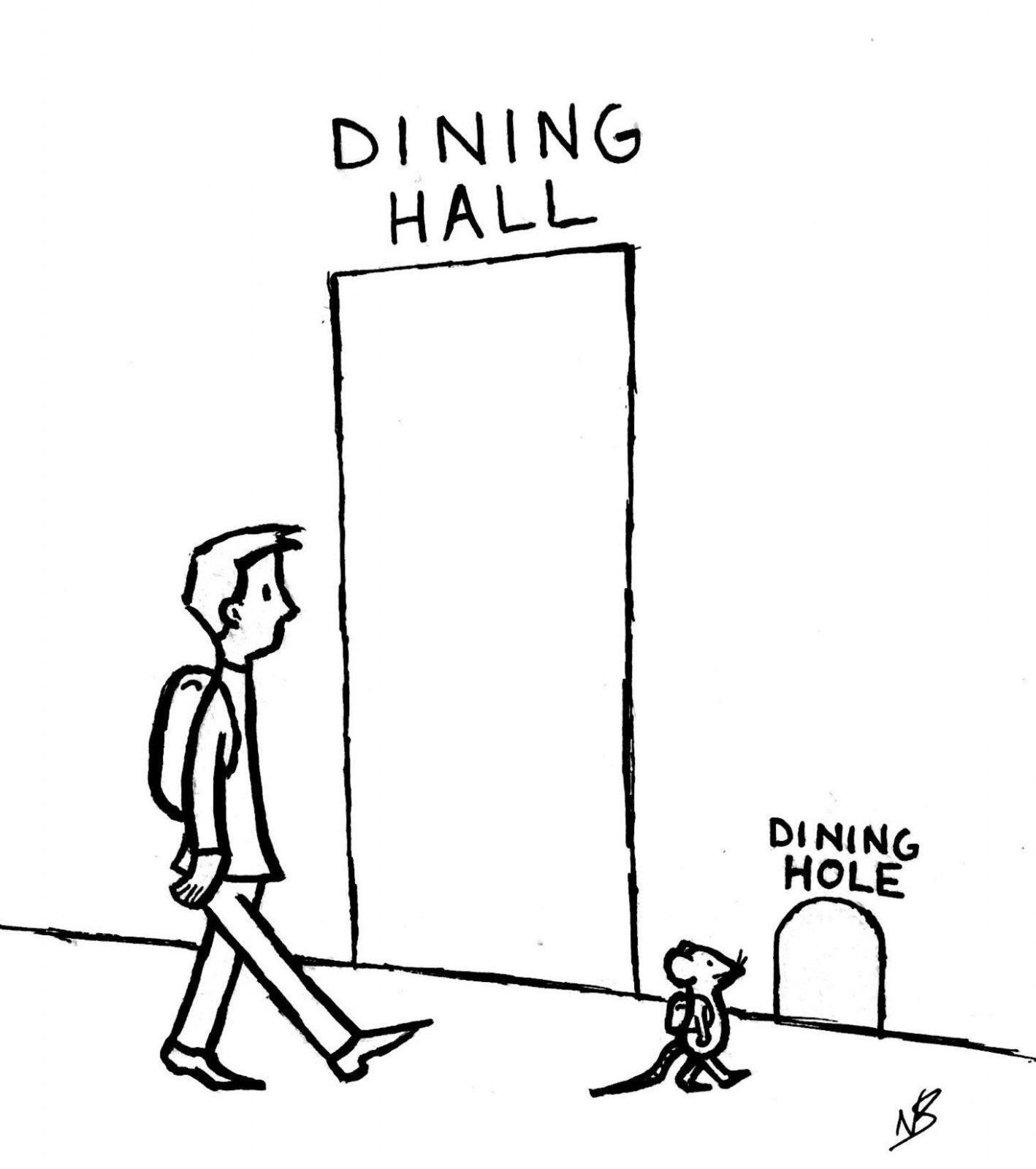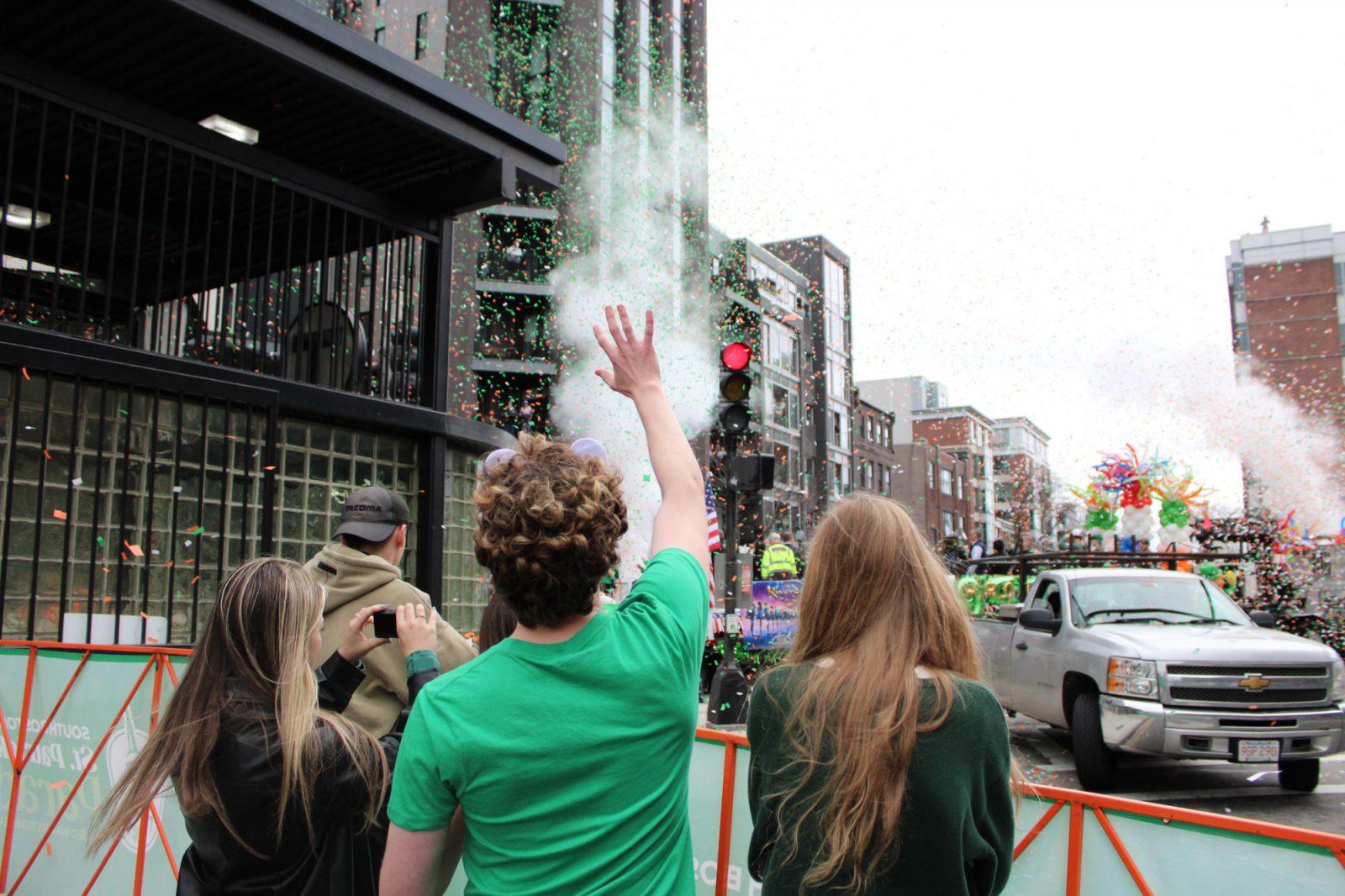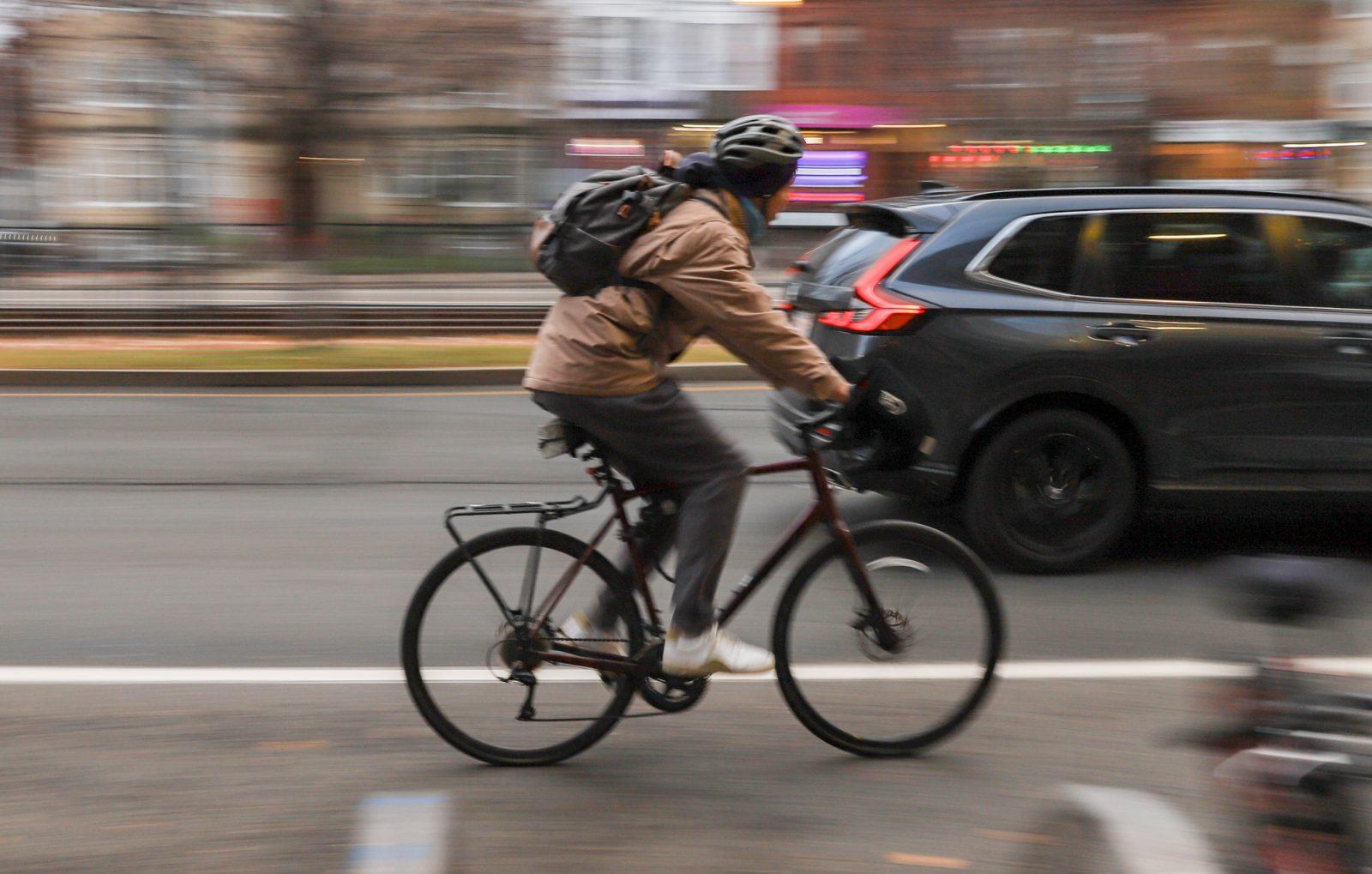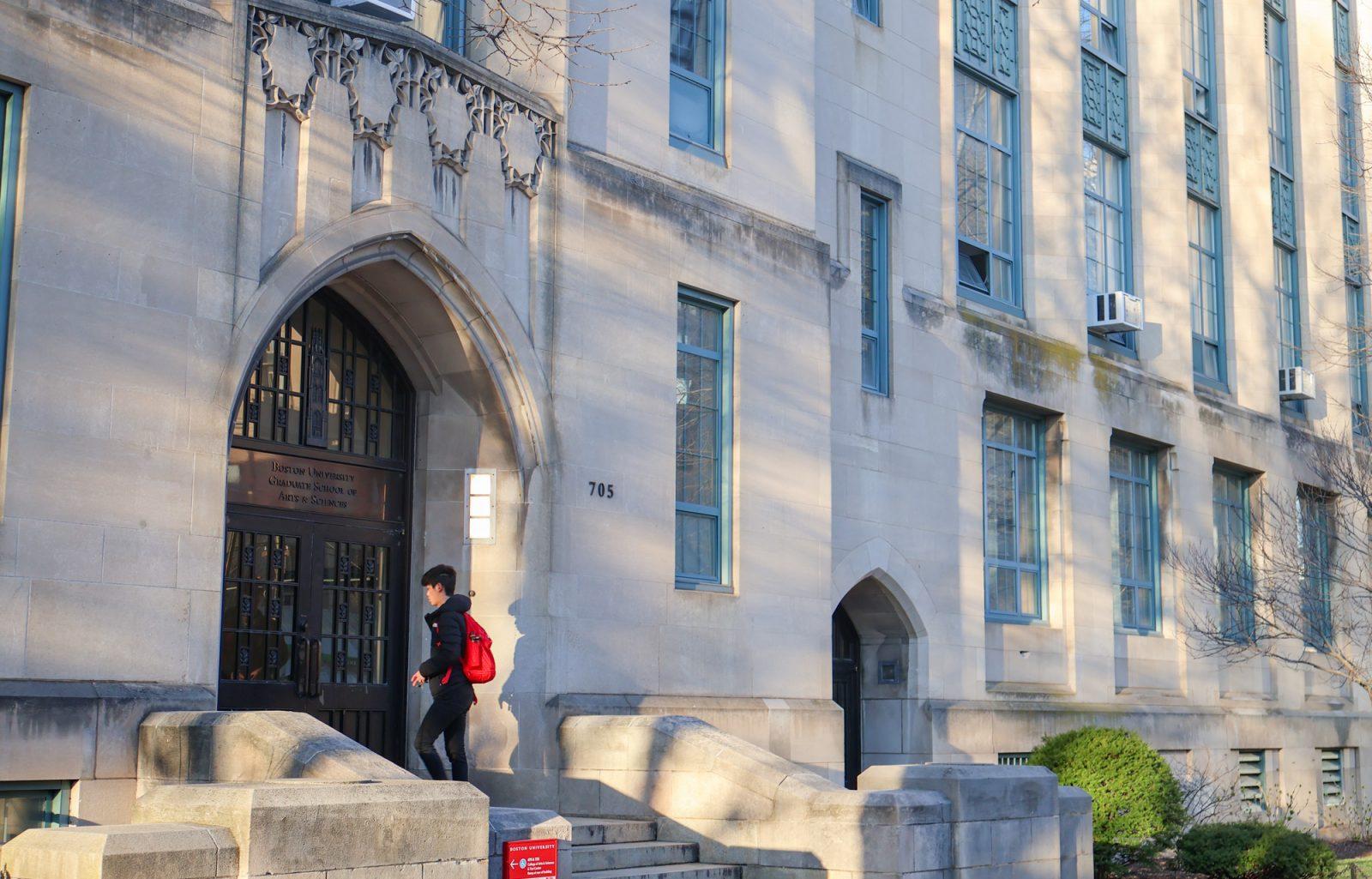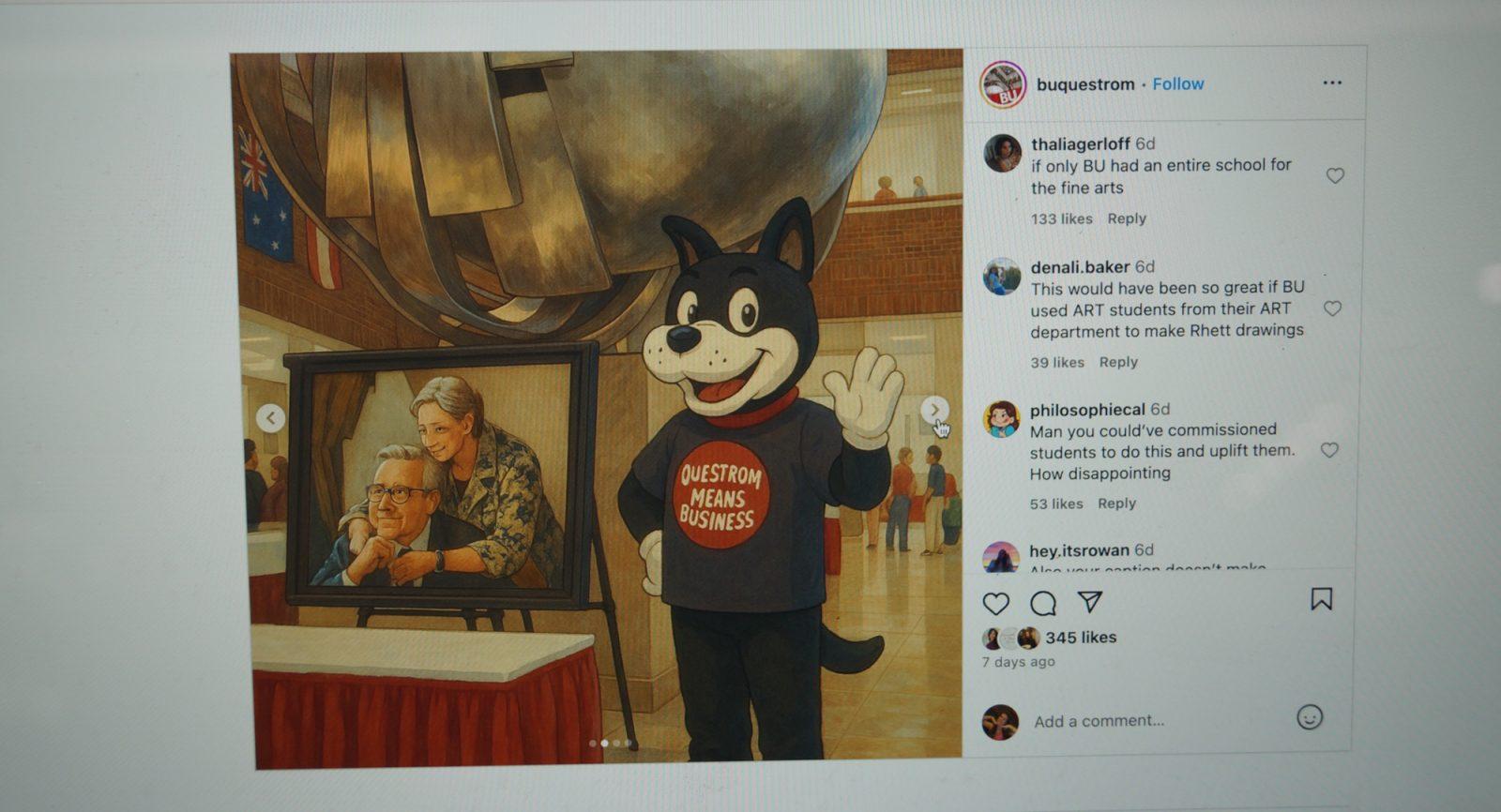Mass. Gov. Deval Patrick threatened to veto a tax plan approved Thursday by the House of Representatives that would generate less money for transportation maintenance than his proposed budget, according to a press release.
“[This] proposal is a return to the old way of doing business,” Patrick said in the Thursday press release. “I still believe we are in the midst of the process of finding a solution, not at the end of it. But I want to be clear that I cannot support another effort to kick the can down the road, and I won’t.”
The plan would increase the cigarette tax by $1 a carton and the gas tax by three cents a gallon, the latter being adjusted annually for inflation starting in 2015. It would also implement various business taxes and bring in about $500 million for transportation projects across the state.
The governor’s budget proposal would raise income tax from 5.25 percent to 6.25 percent, decrease sales tax from 6.25 percent to 4.5 percent and dedicate all money brought in by sales tax to a broader array of transportation projects, a projected fund of about $1.9 billion.
The House plan focuses funding on the Massachusetts Bay Transportation Authority and requires less money from taxpayers, but raises less money for the MBTA than Patrick’s proposal.
While the House plan helps the MBTA manage its budget, Mass. Sec. of Transportation Richard Davey, said the tax plan does not provide any long-term solutions.
“There is an alarming lack of support for fixing our roads, bridges and trains,” Davey said in a memo to Patrick Wednesday. “At a time when federal funding is shrinking and after years of neglect for infrastructure across the state, this proposal offers another short-term band-aid.”
The MBTA would receive aid in paying its workers as well as managing its budget, which currently operates at a $41 million deficit after loaned funding and an overall debt of $8.3 billion with interest payments.
The tax plan does help manage expenses, but it does not allocate enough money to replace aging trains or to create new projects, said Kelly Smith, deputy press secretary for the MBTA.
“If the needs of the system are not met, then we unfortunately will have to turn to options like fare hikes and service cuts, which we absolutely don’t want to do, but may be forced to do,” Smith said.
The tax plan, which was created by both chambers of the legislature in the Joint Committee on Ways and Means, received praise from some senators for its pragmatic compromise between providing public services and raising taxes.
“Unlike the gridlock we see on Capitol Hill every day, we can be proud of the legislative cooperation and collaboration on Beacon Hill [in creating this tax plan,]” said Senate Pres. Therese Murray in a press release Tuesday. “Investing in transportation is essential for our state’s economic growth and competitiveness, and our leaders in the House and Senate are embracing this task together, which is good news for every resident, taxpayer, business owner and community in the Commonwealth.”
Mass. Rep. Paul Donato said the plan might have enough support to override the Patrick’s veto.
“There will [be] … amendments by both the Republican leadership and by [other] members of the legislature,” he said. “I would imagine there’ll be a number of them, [but] I would expect that it is going to pass the House.”

